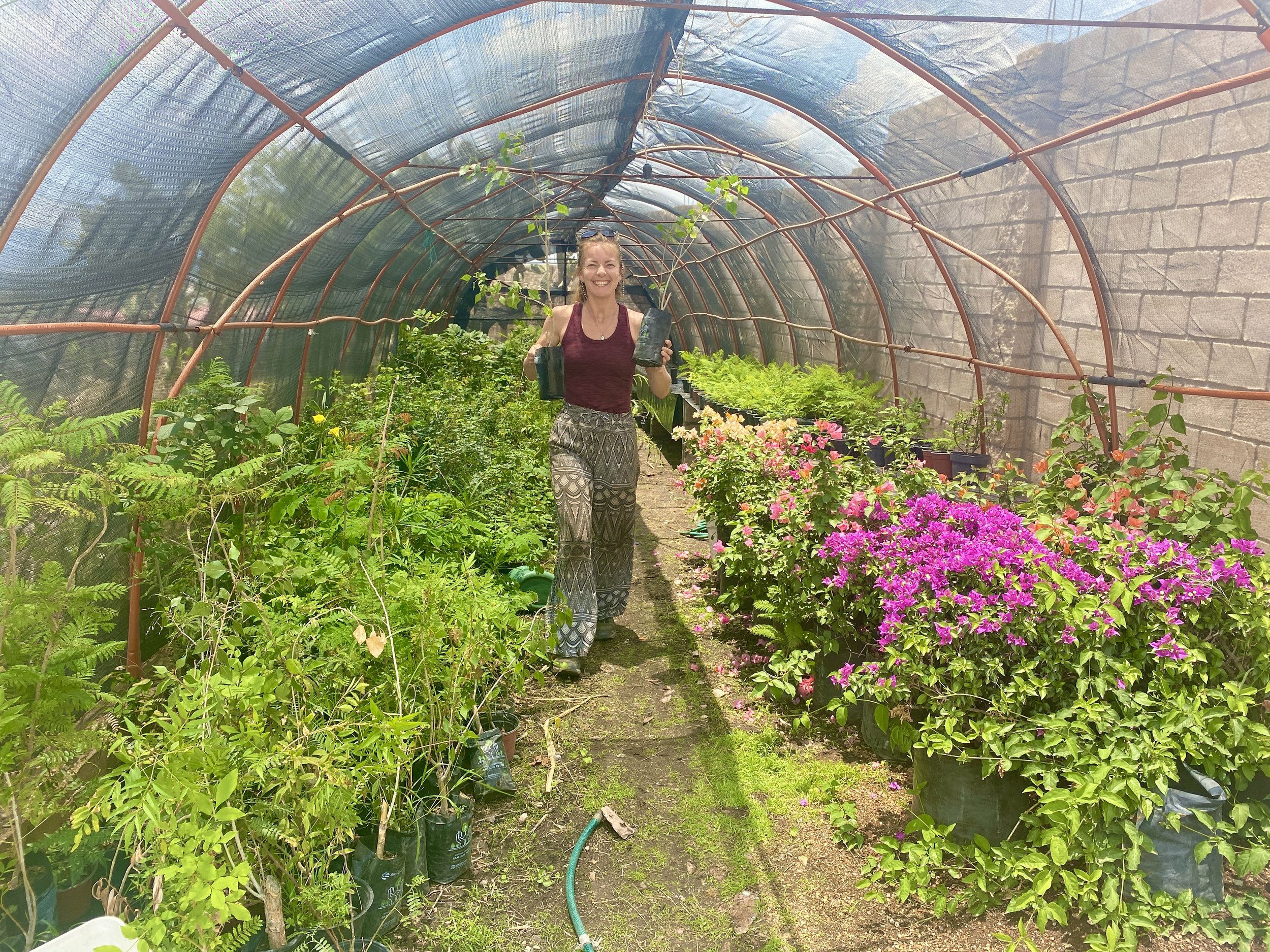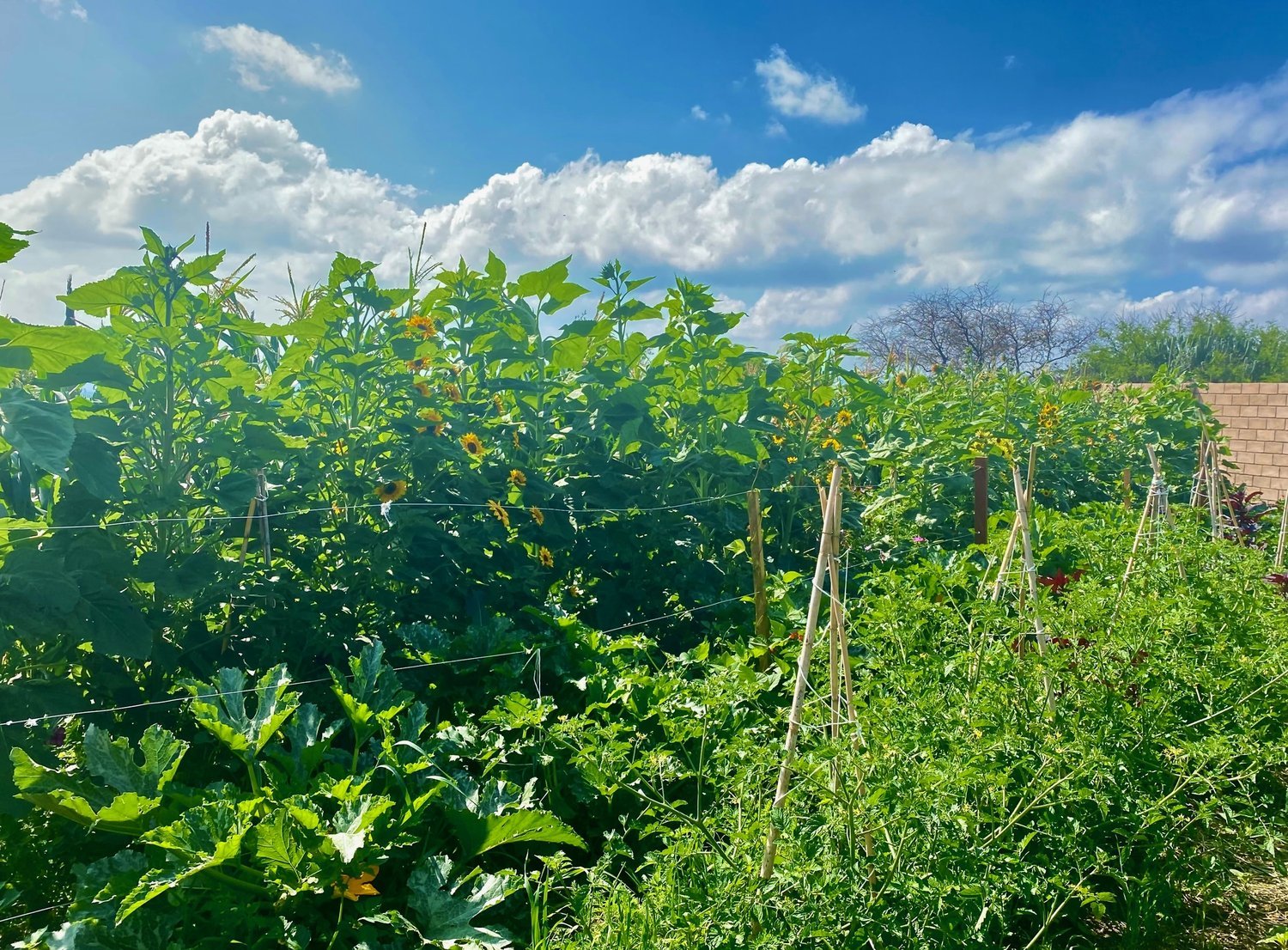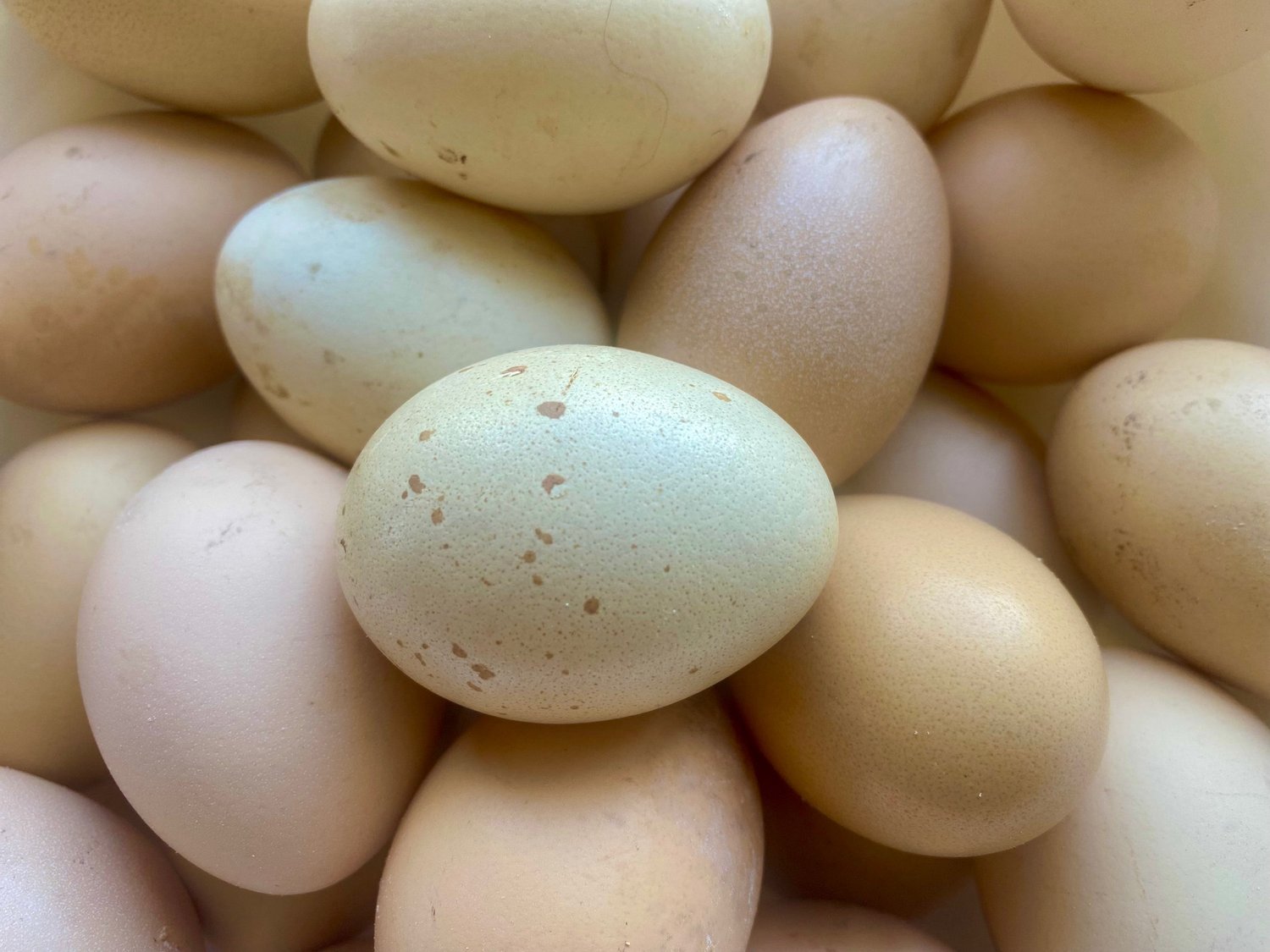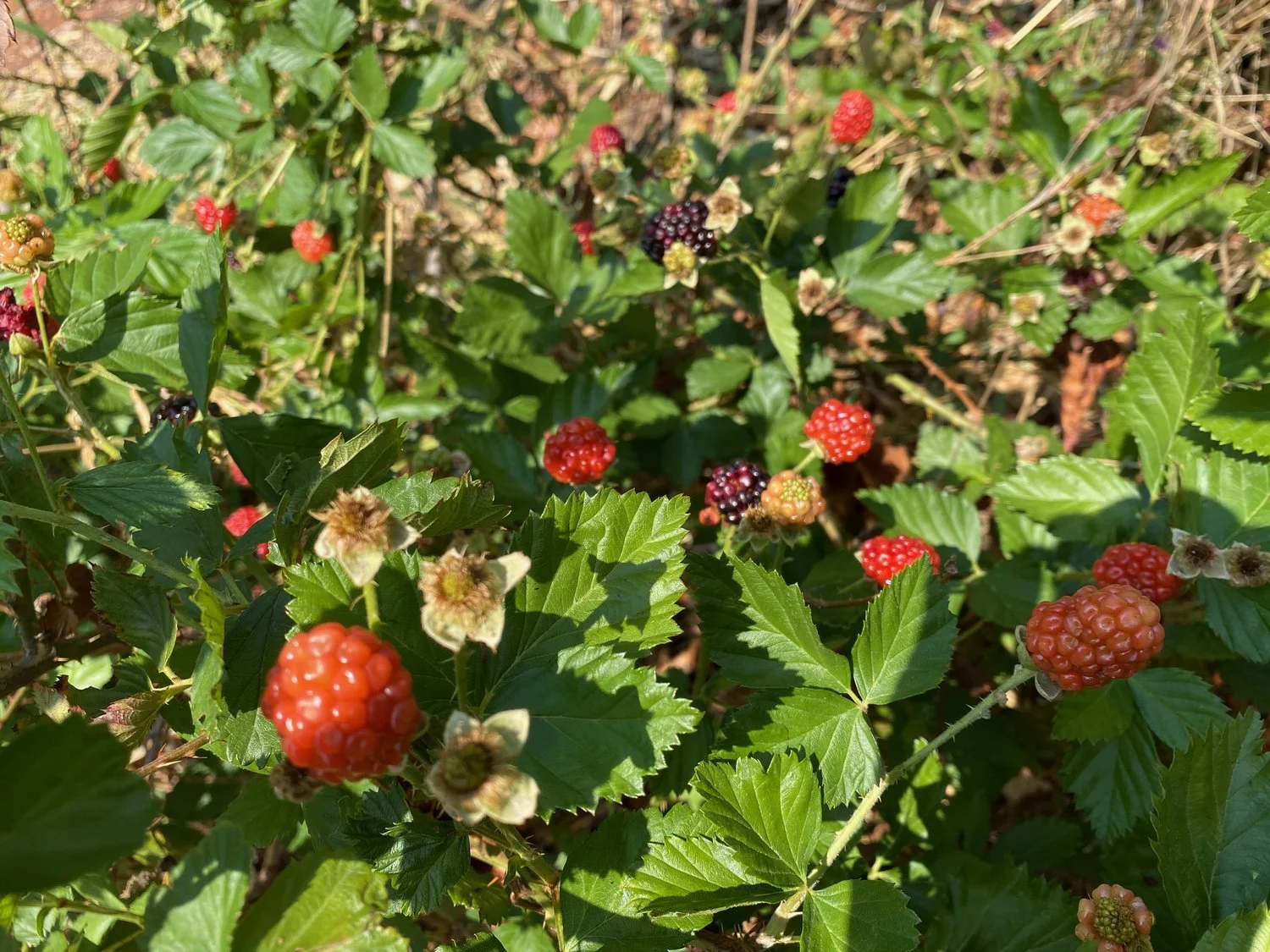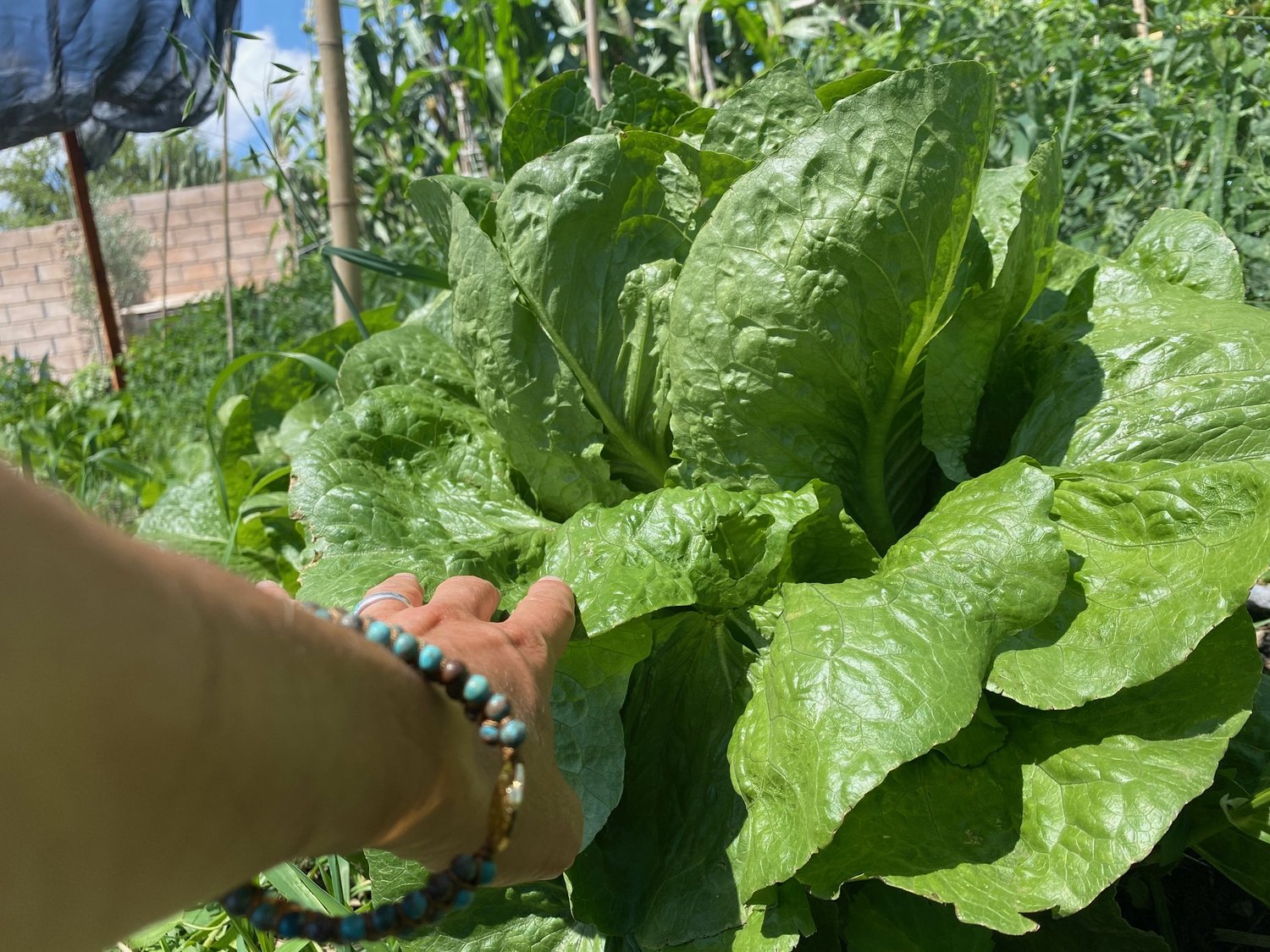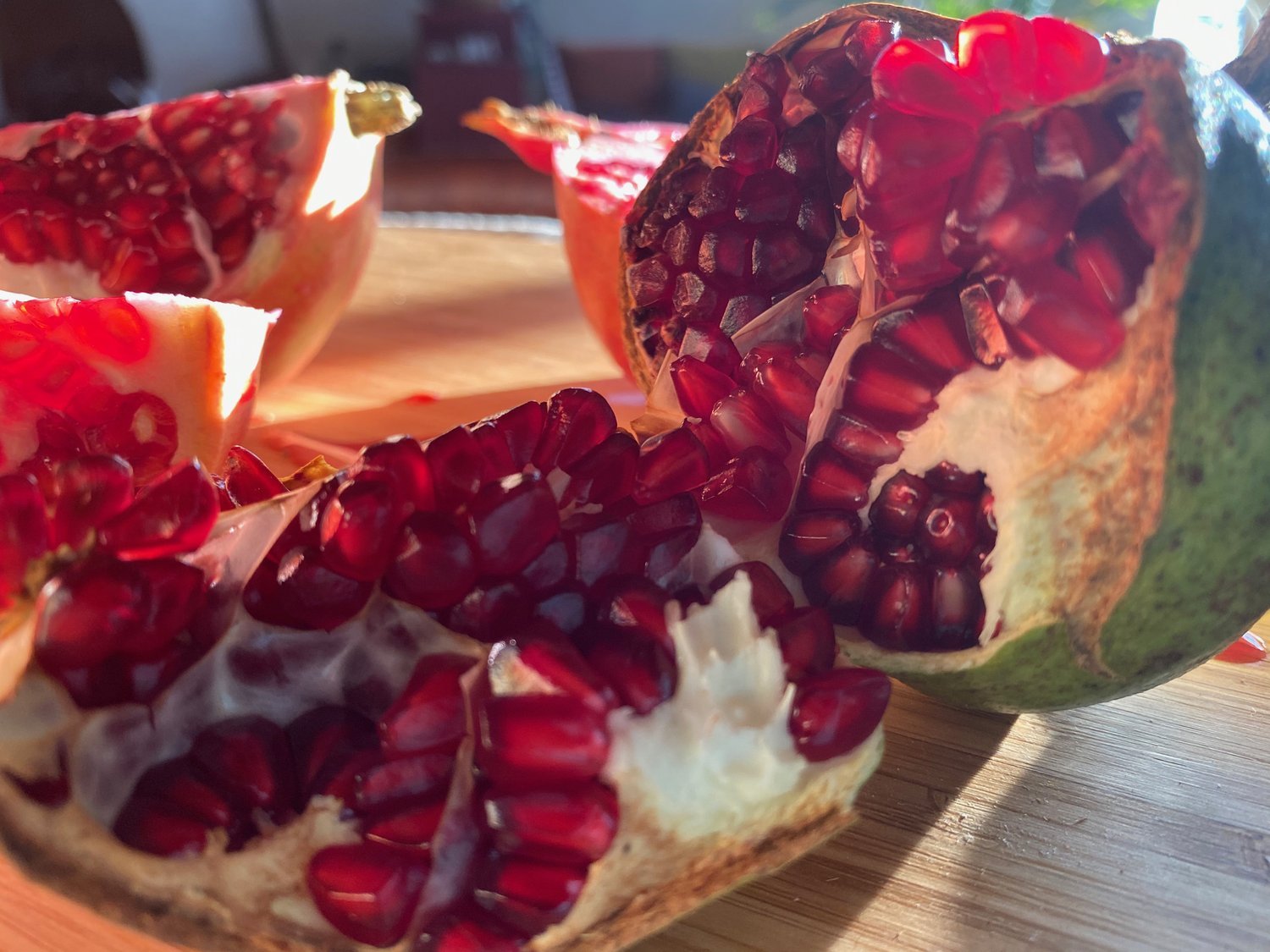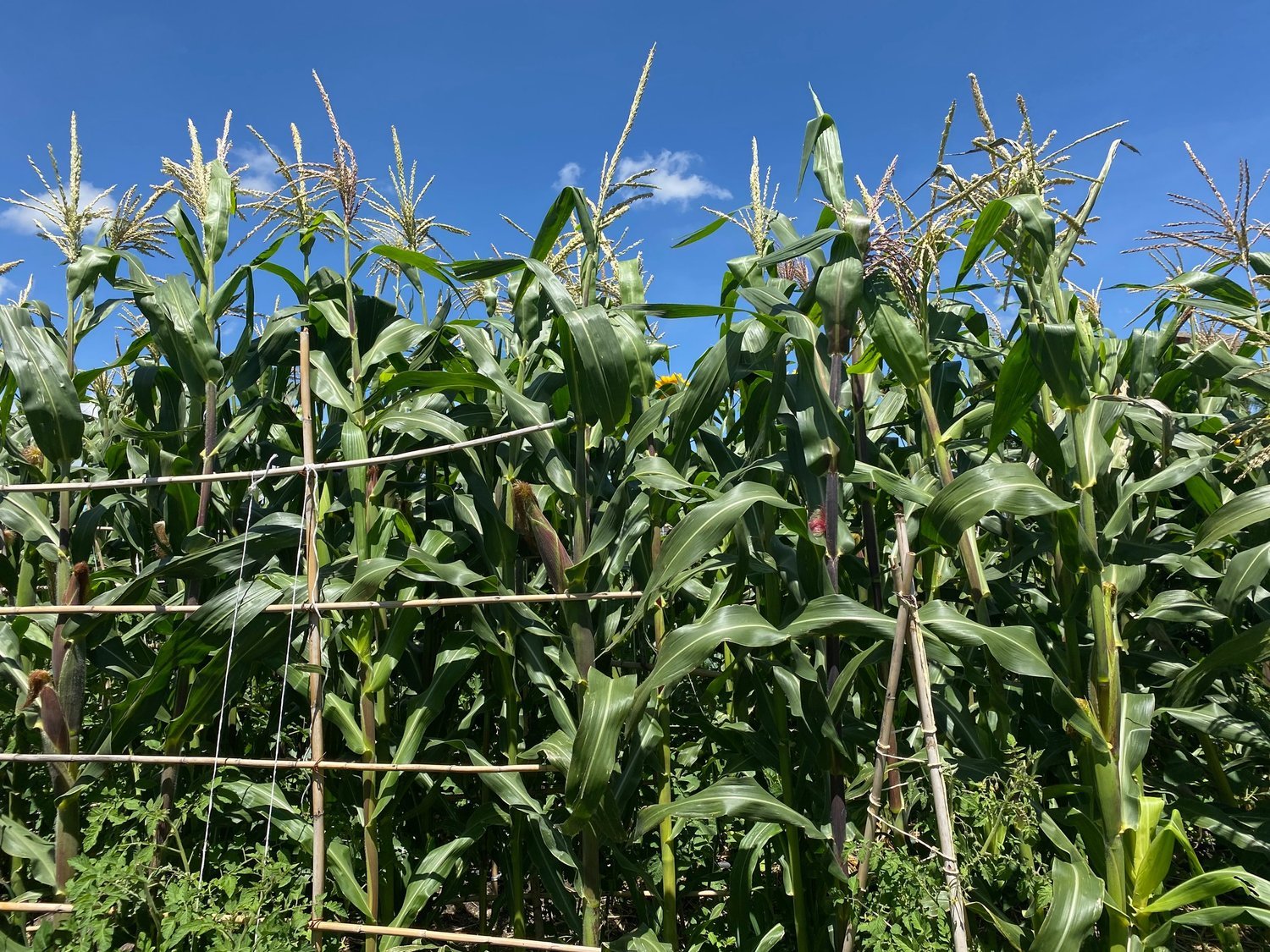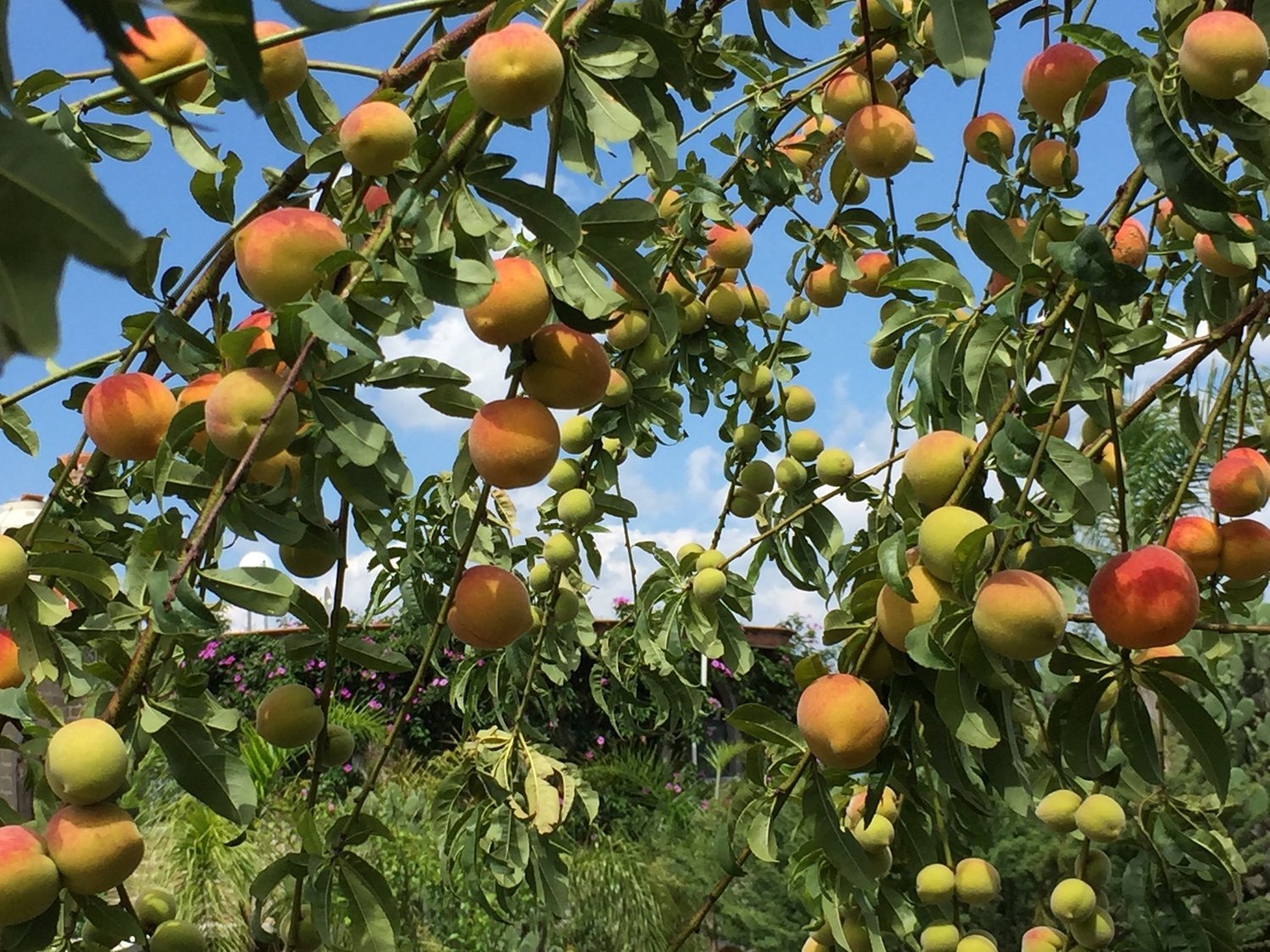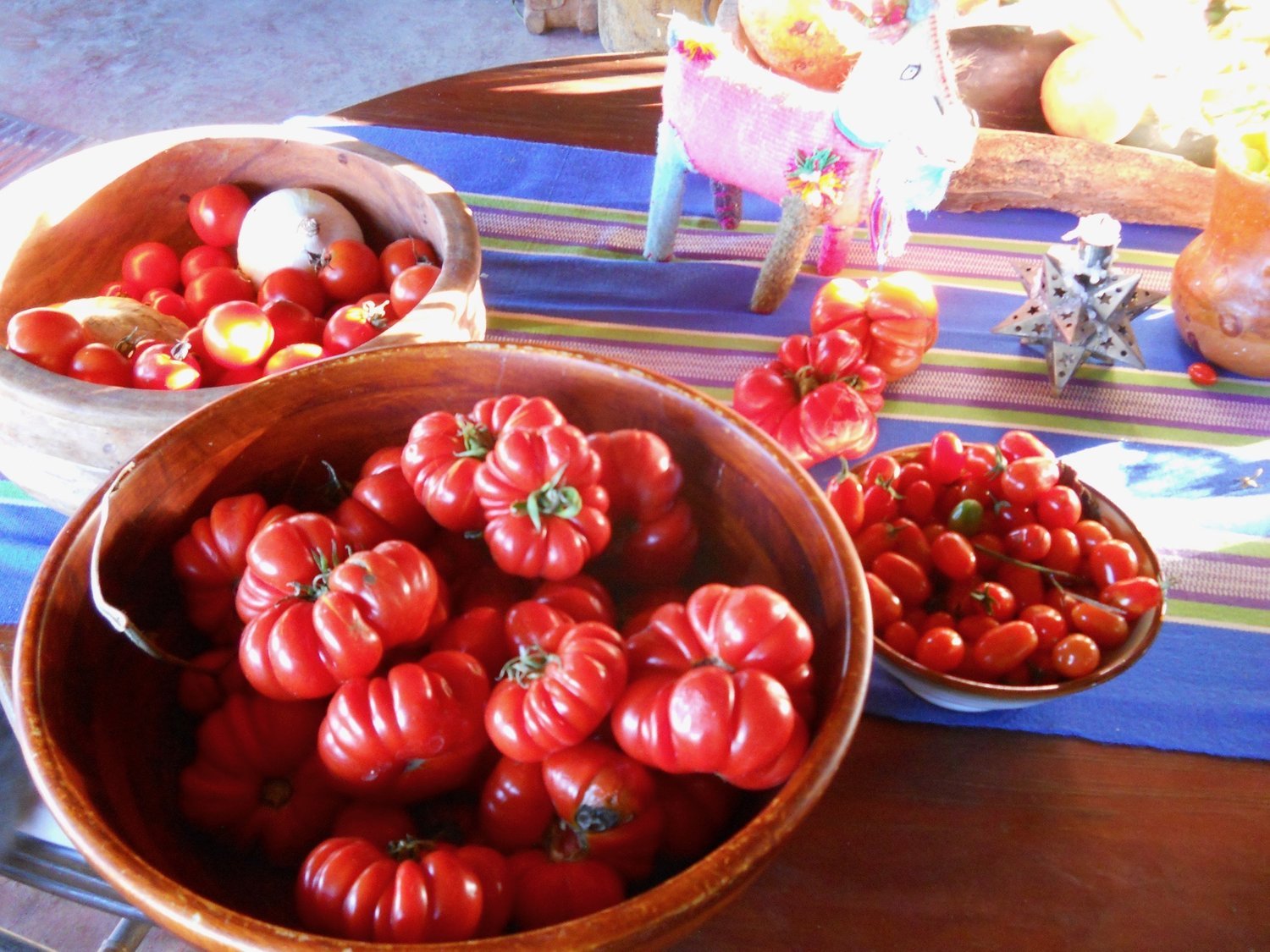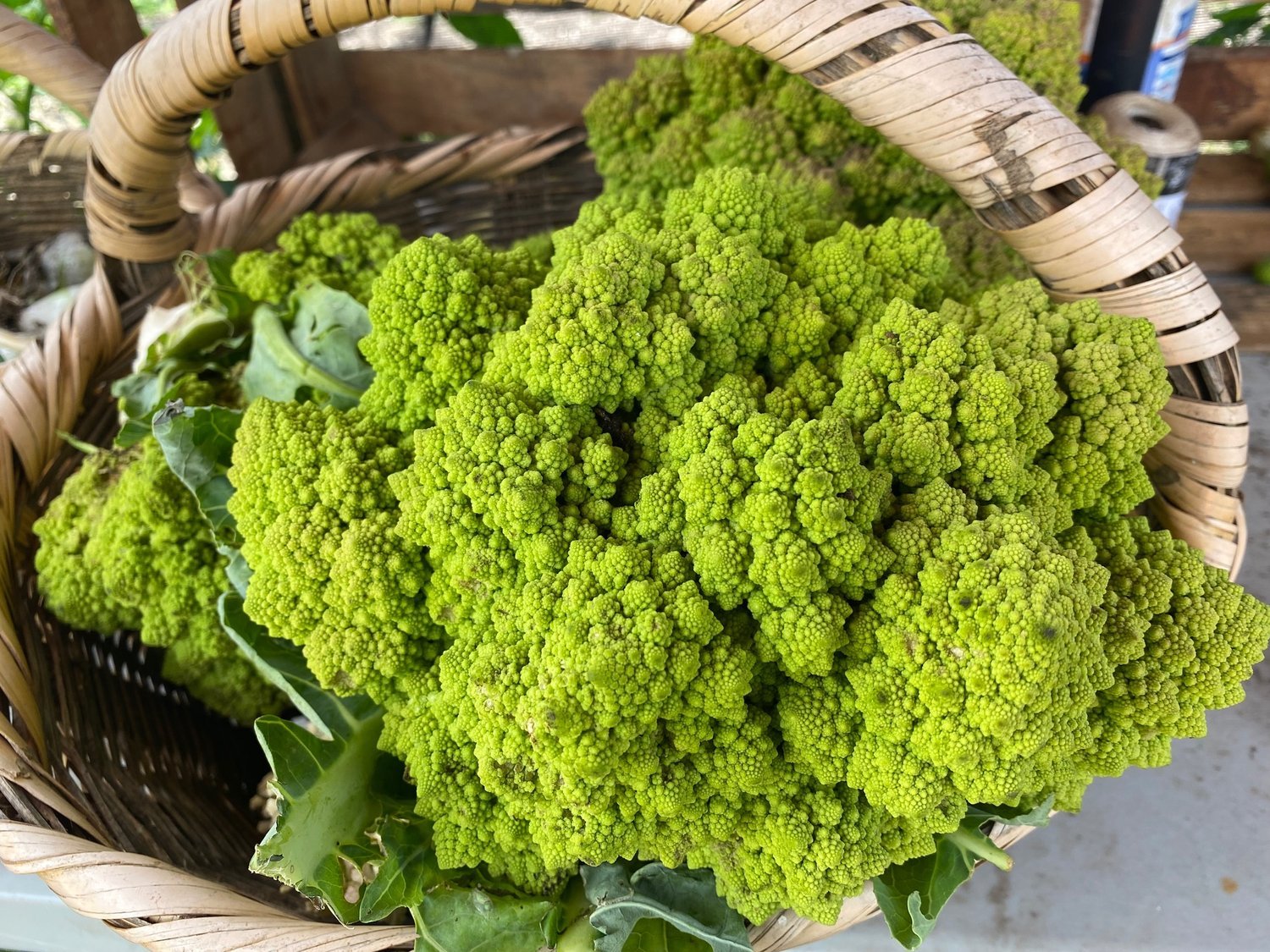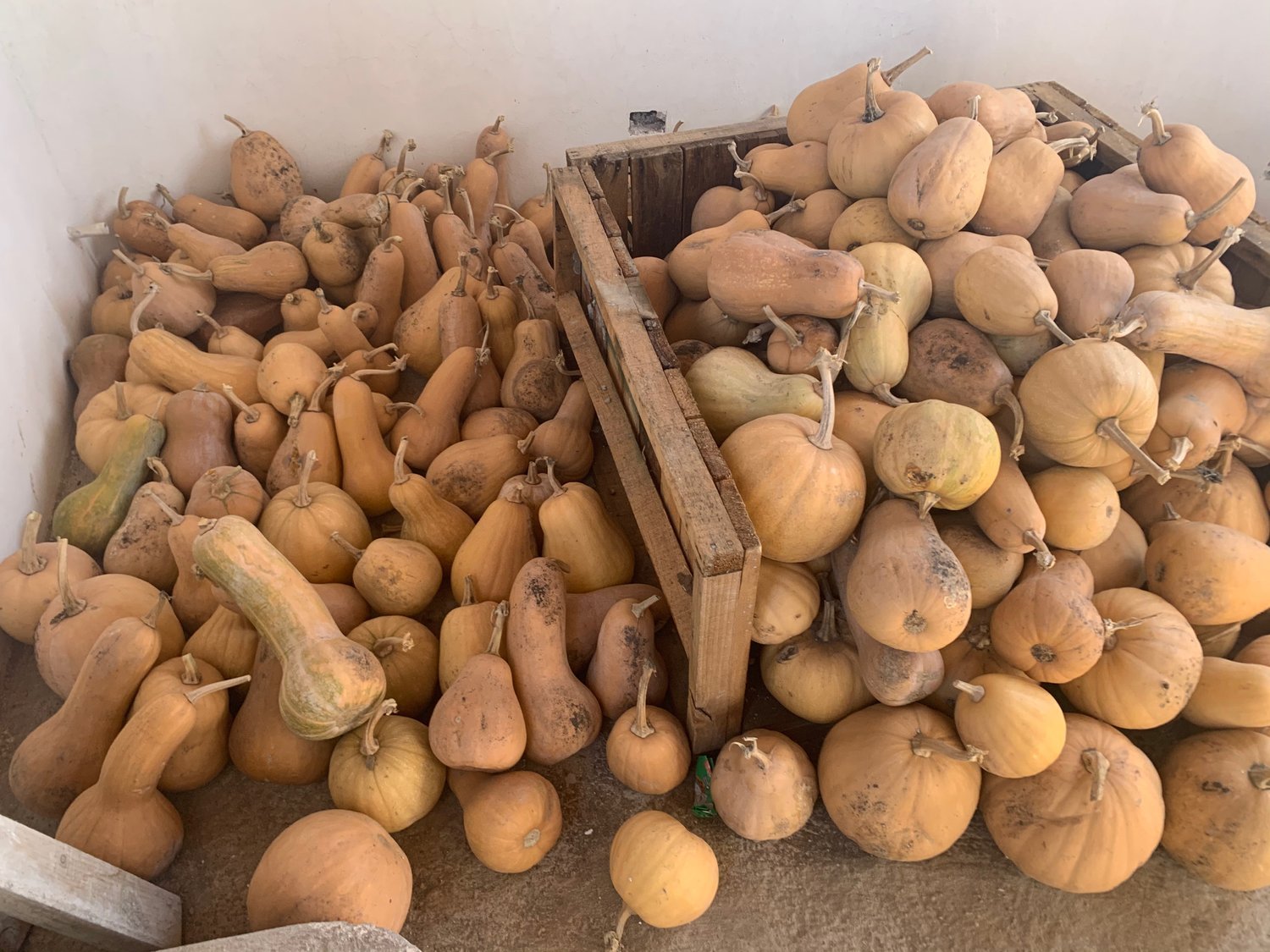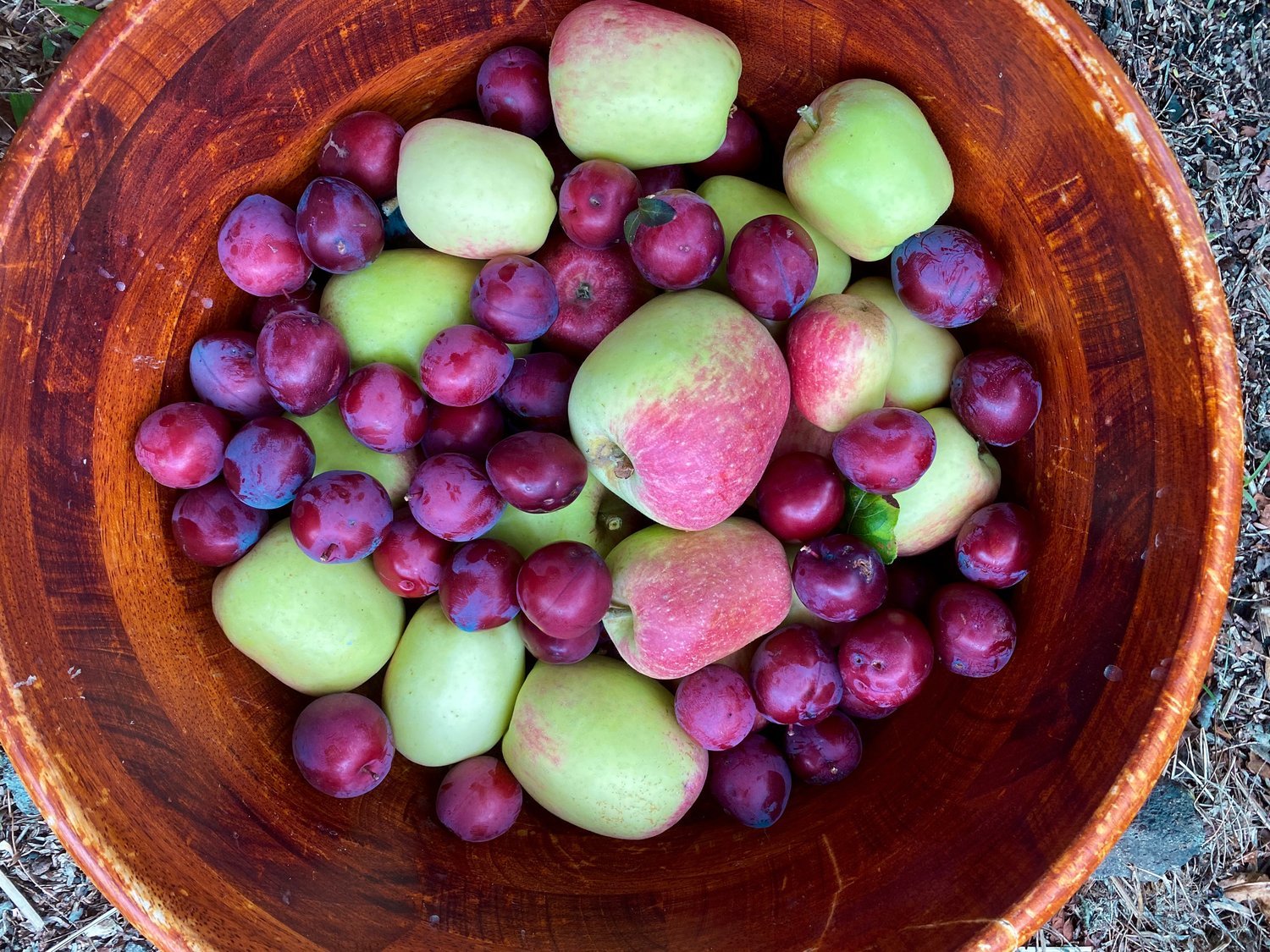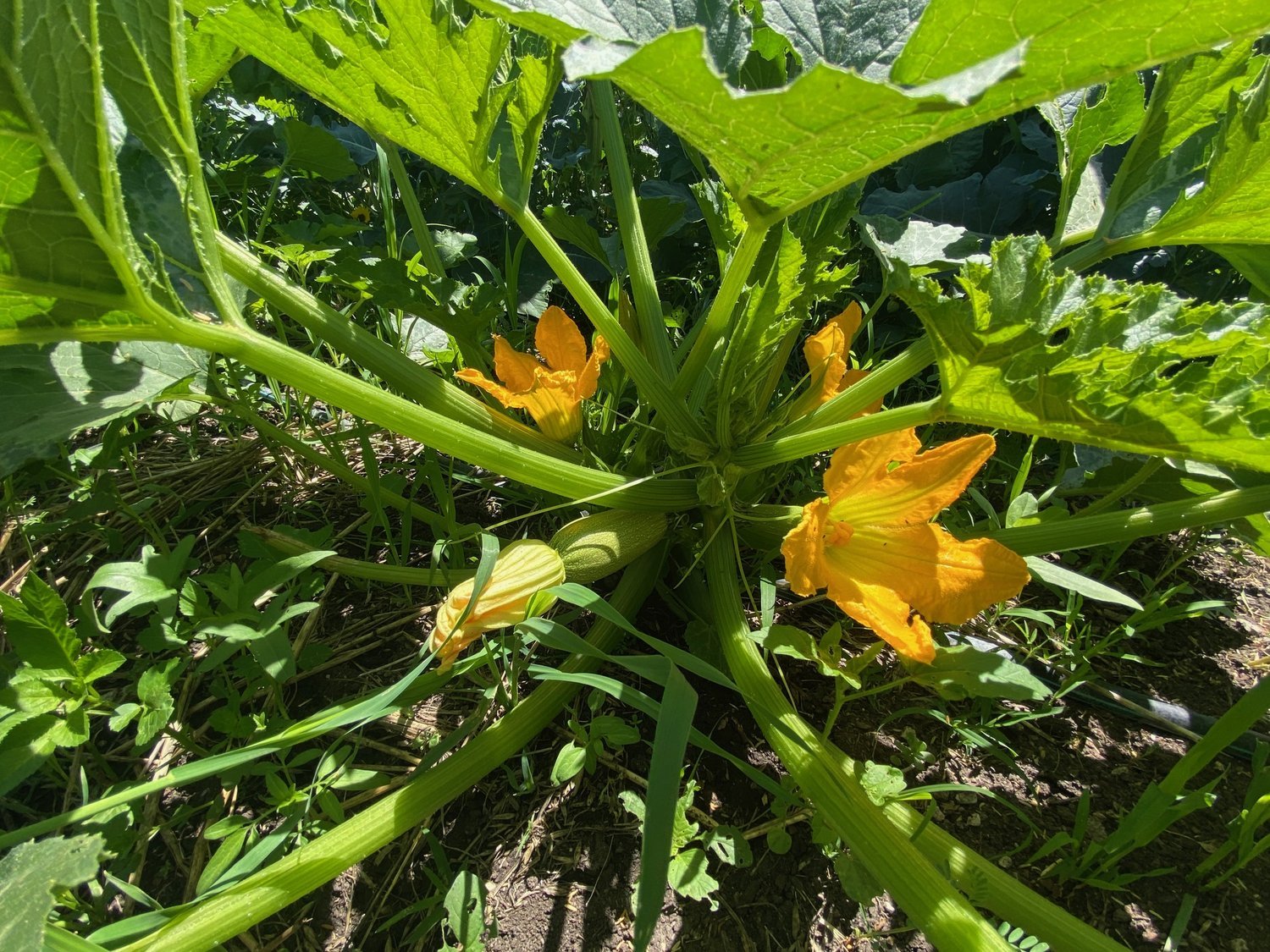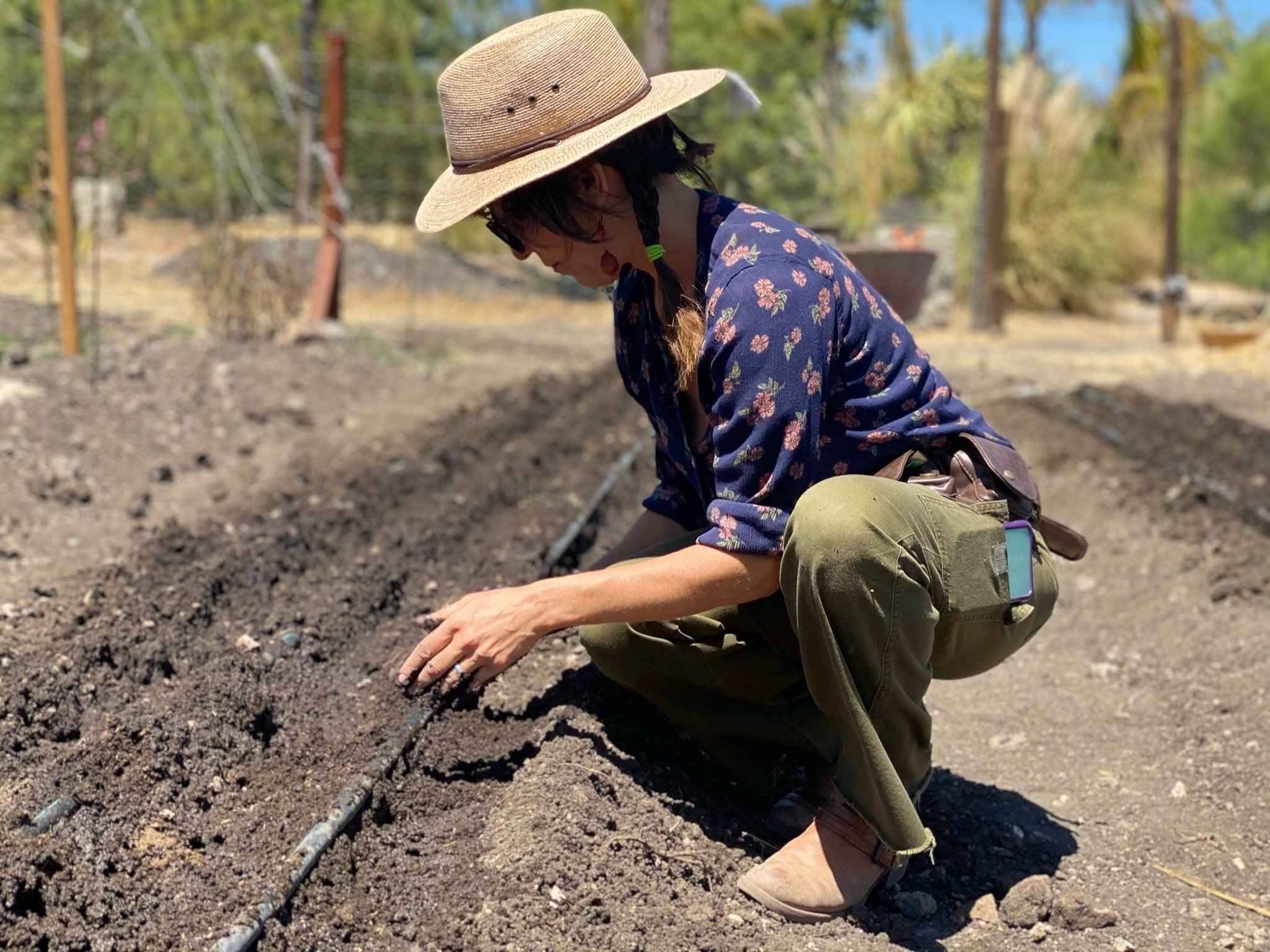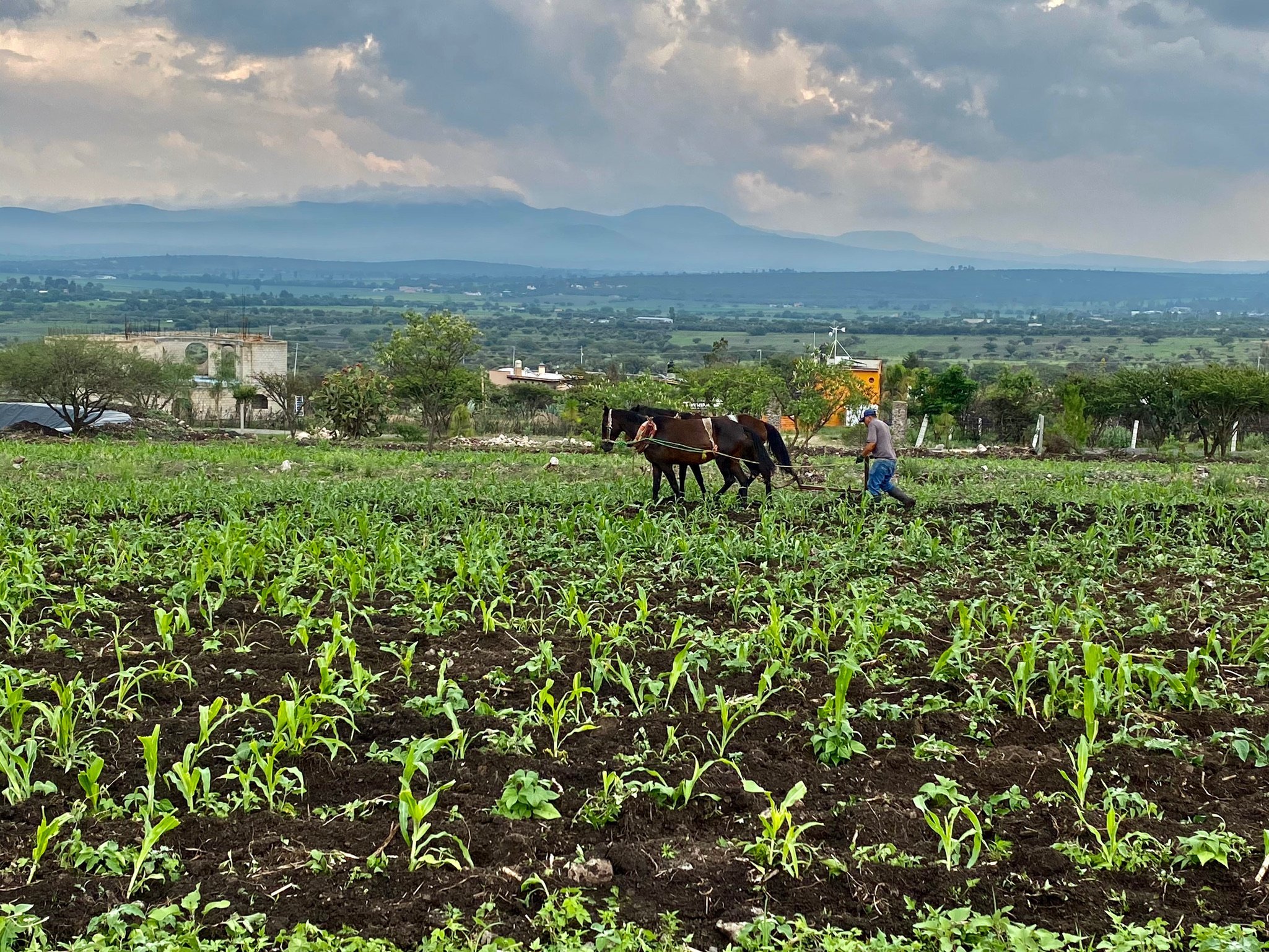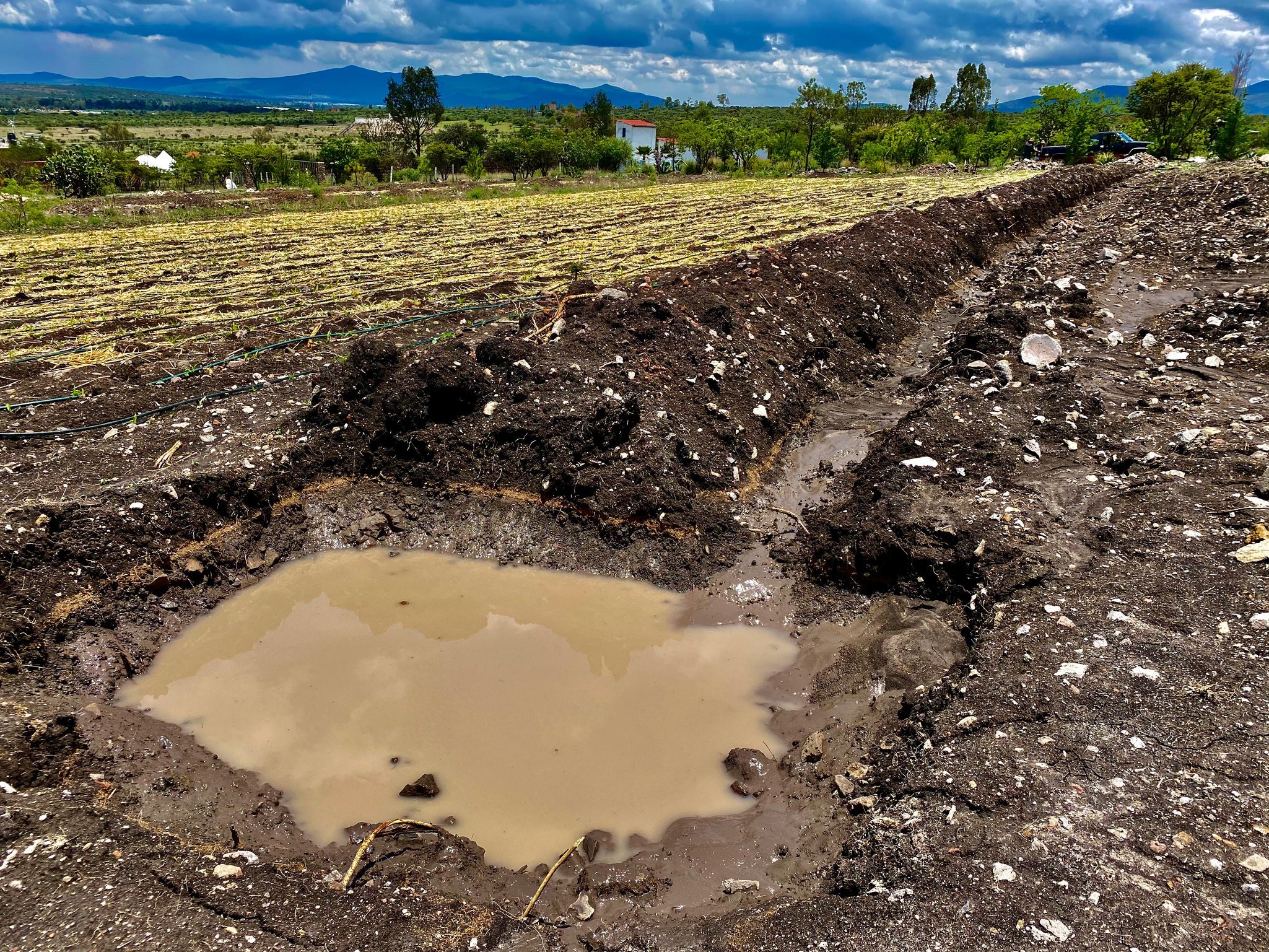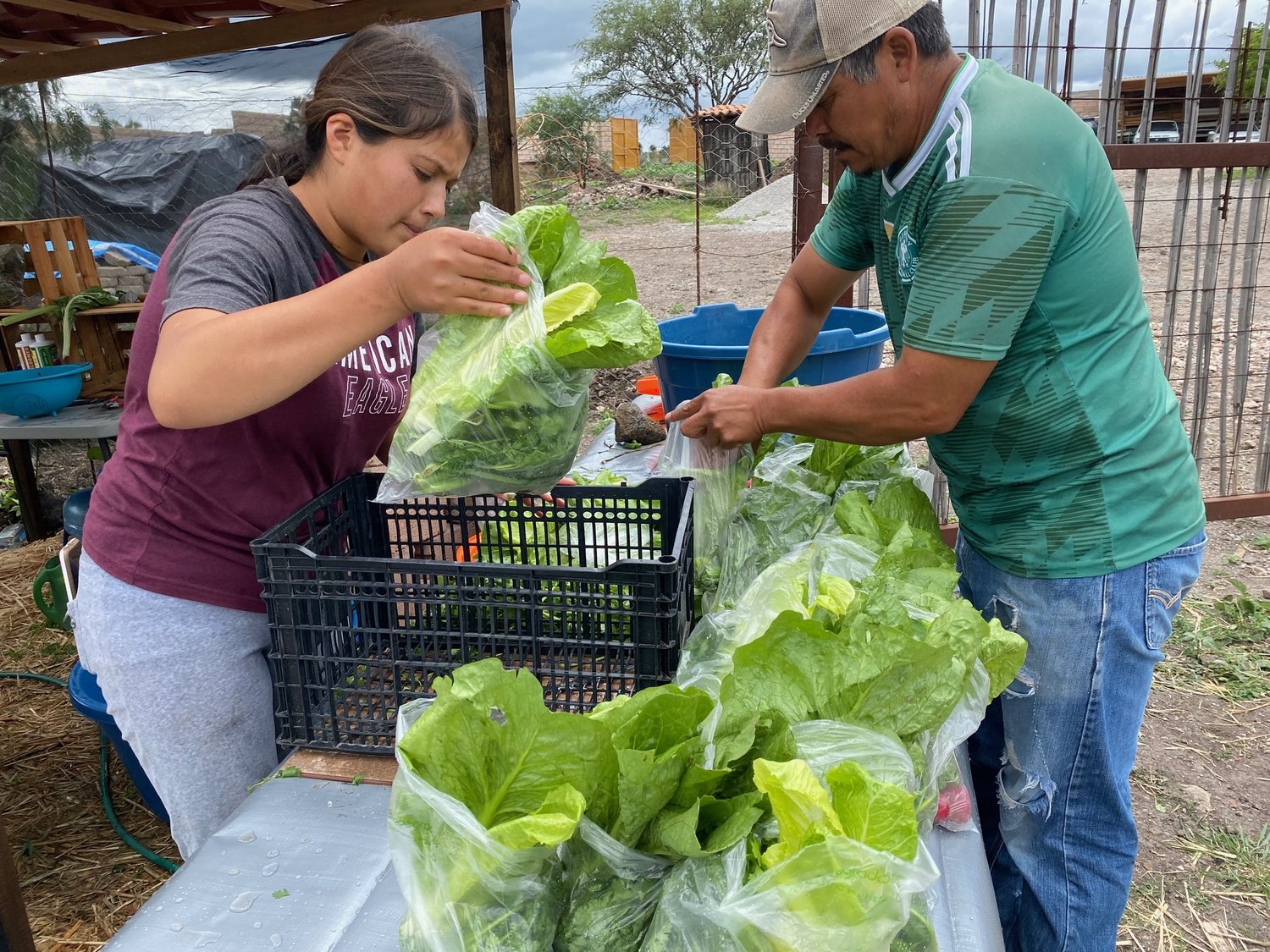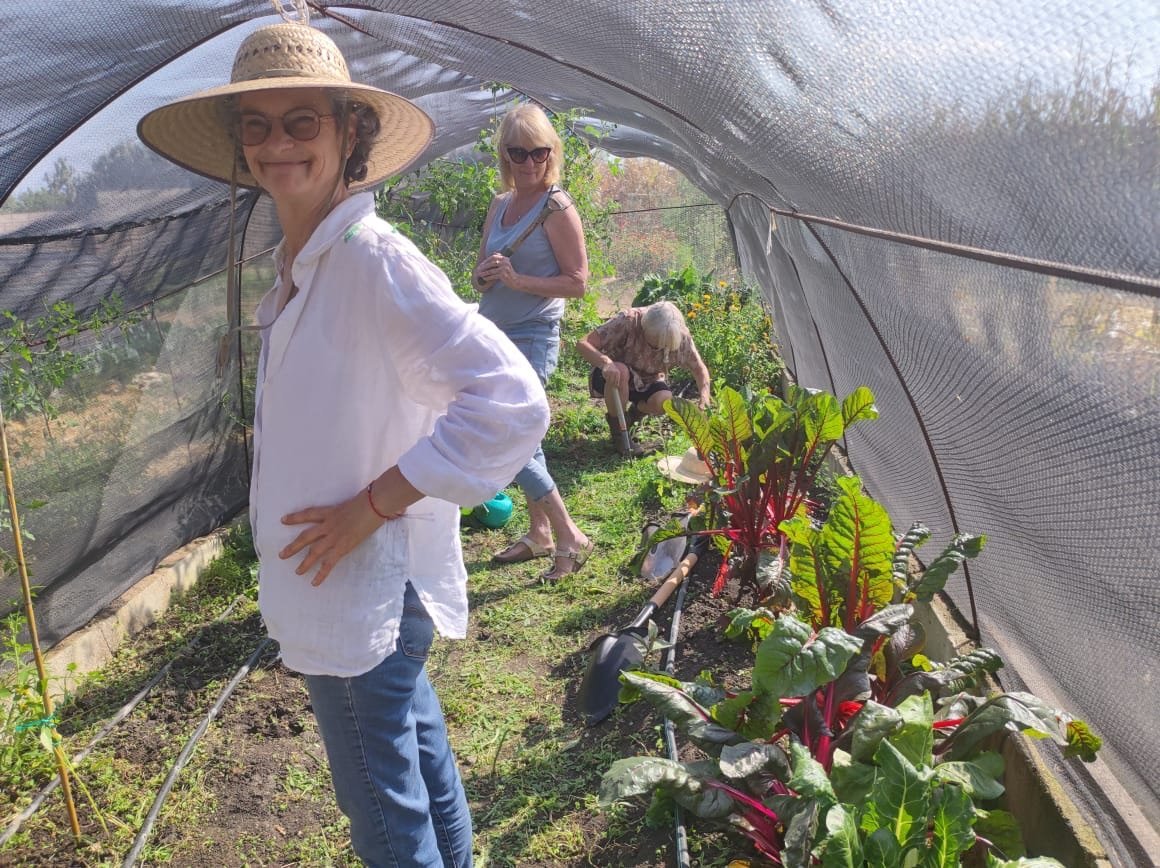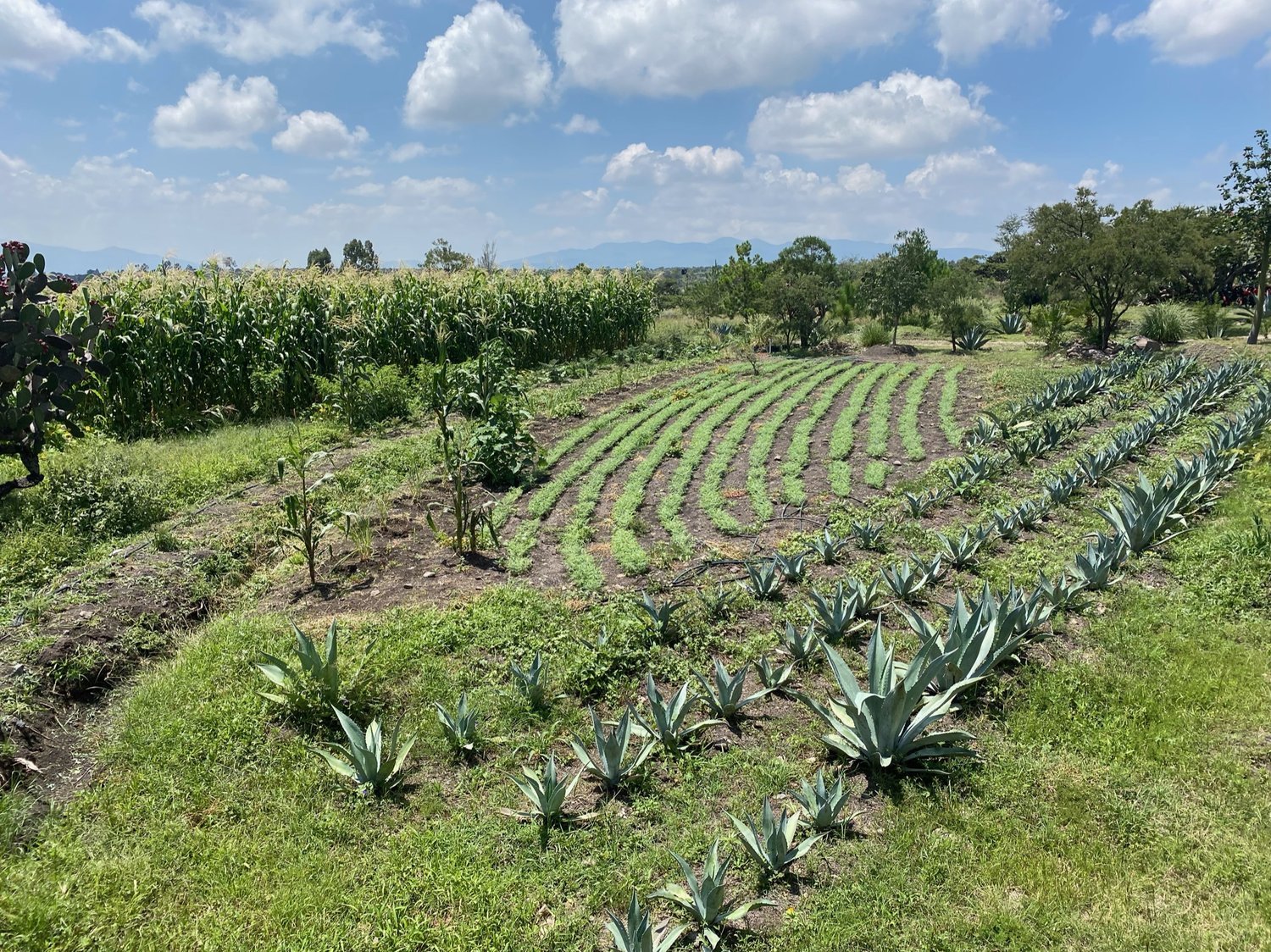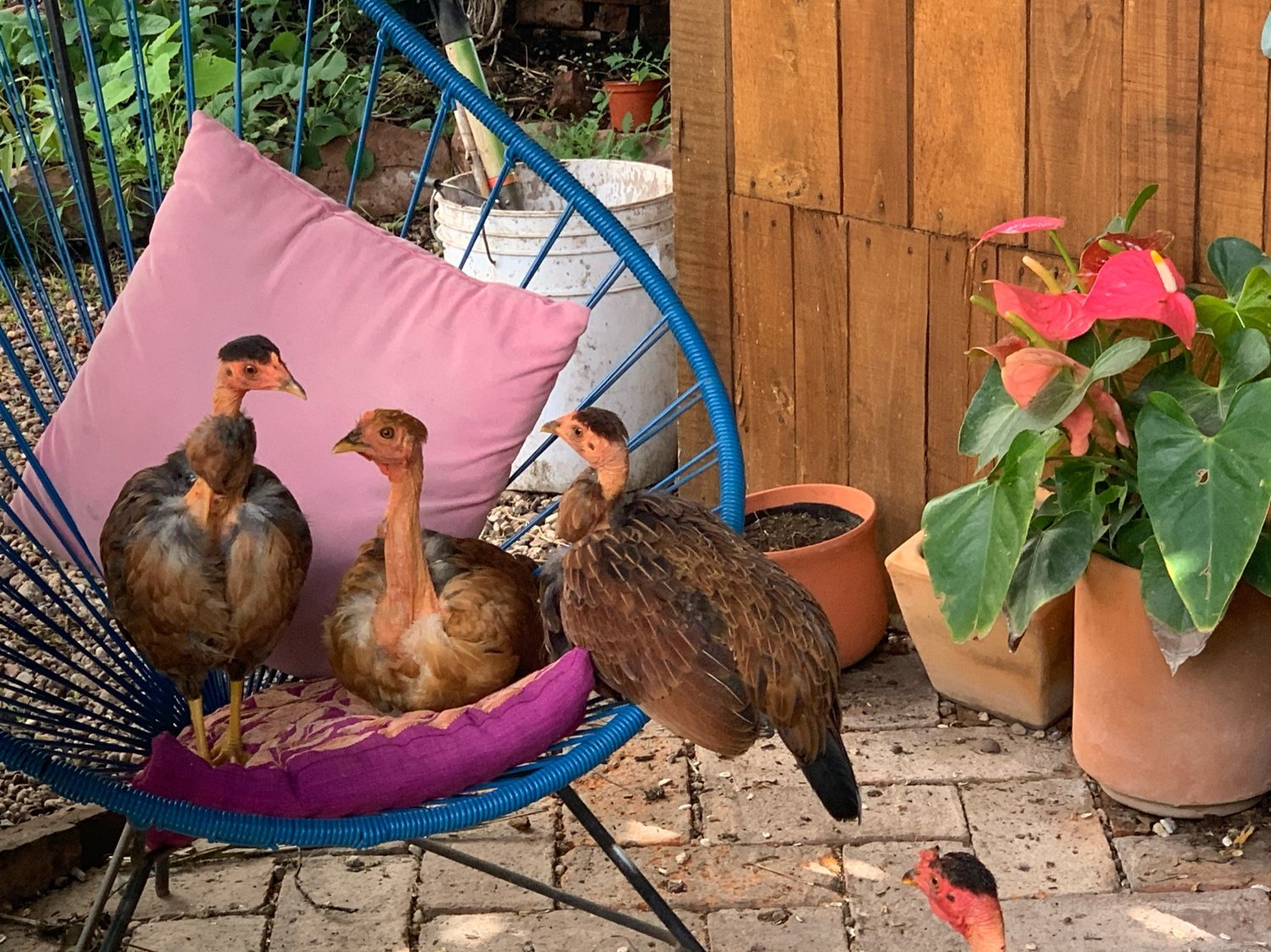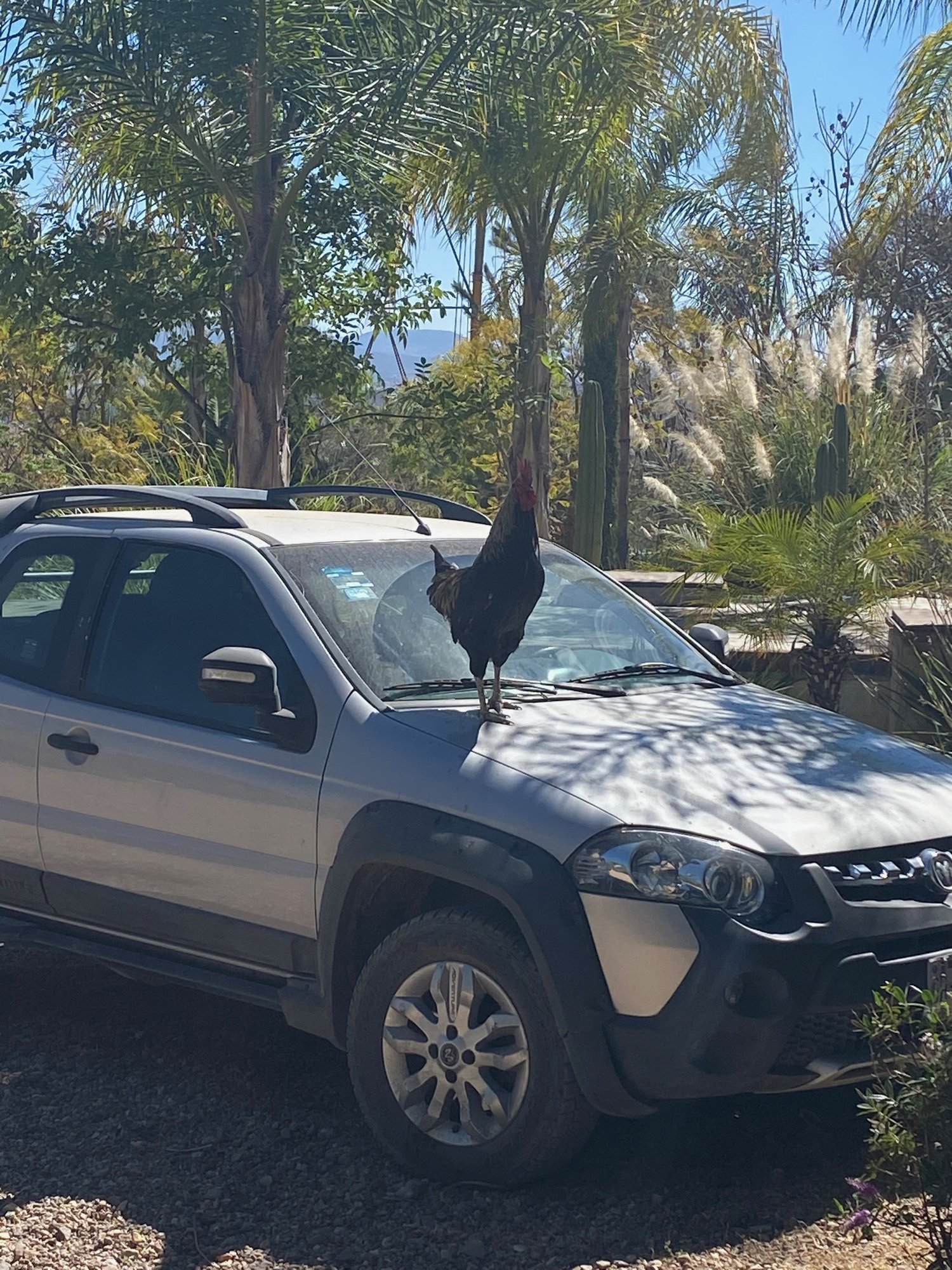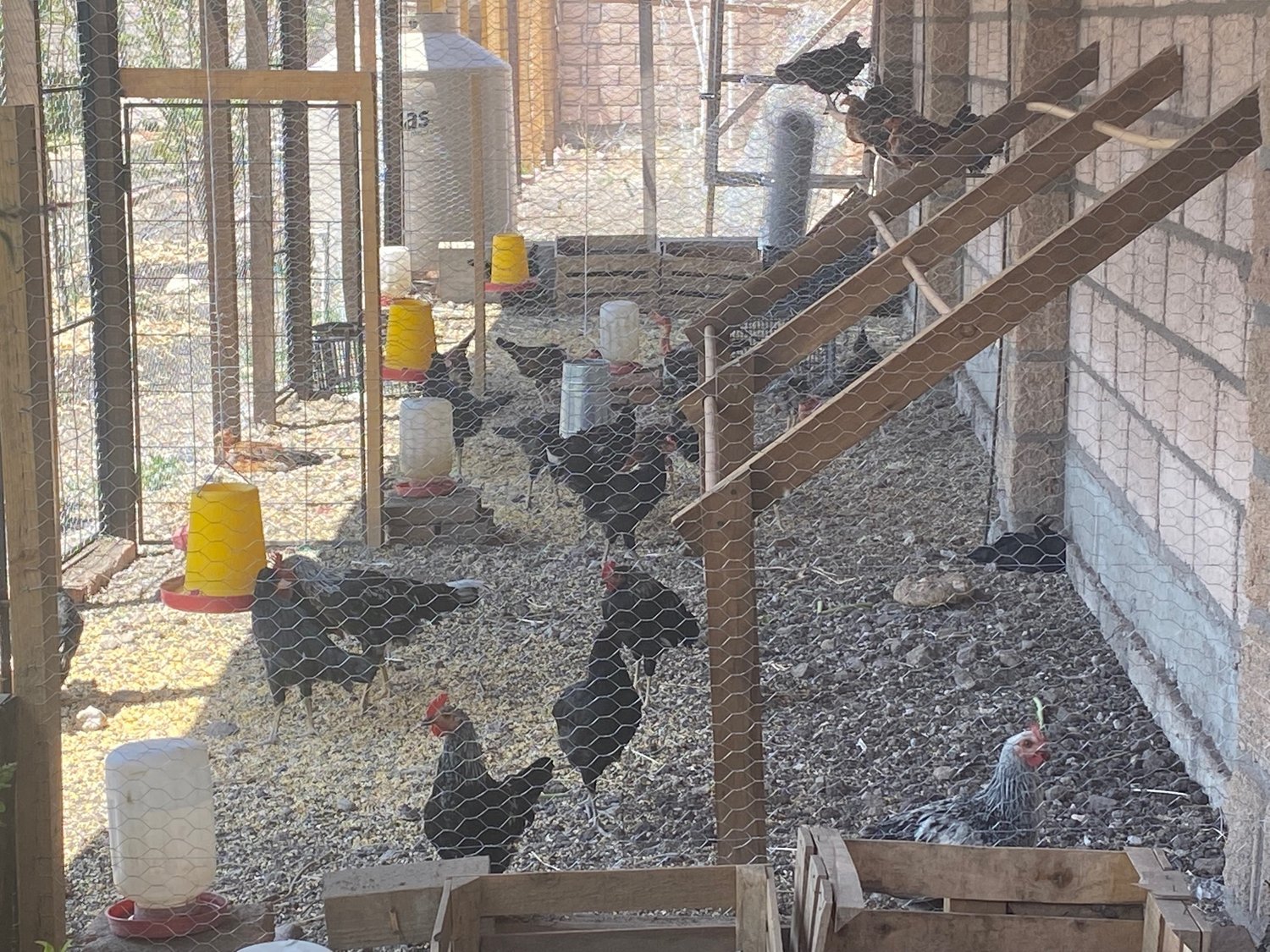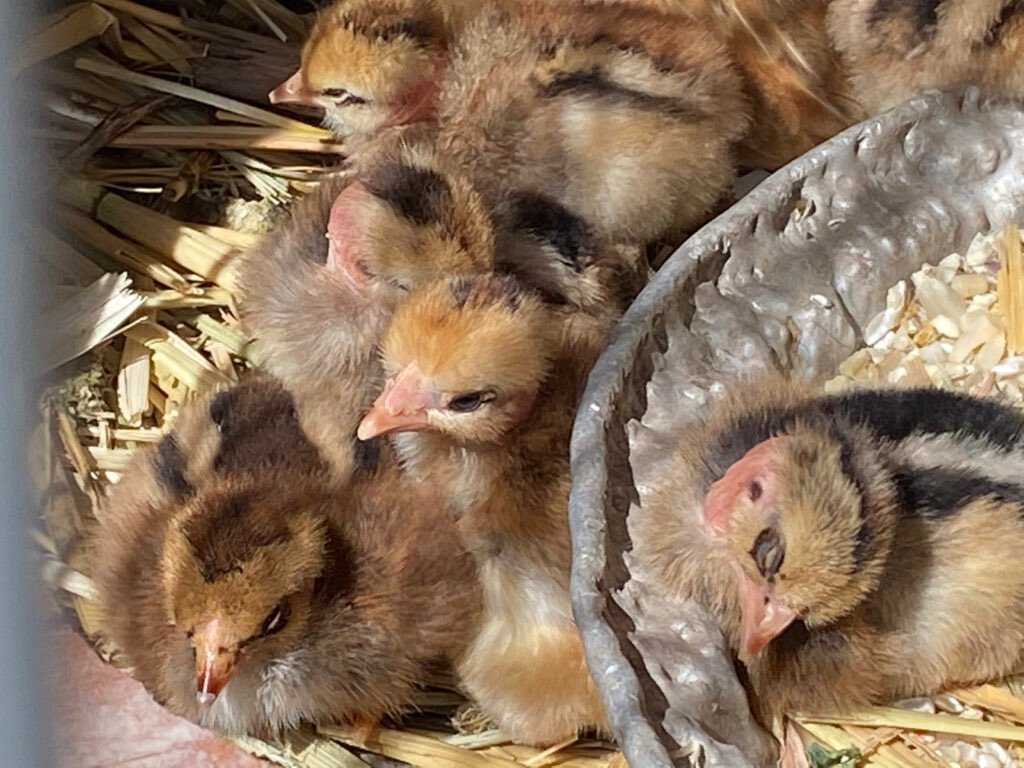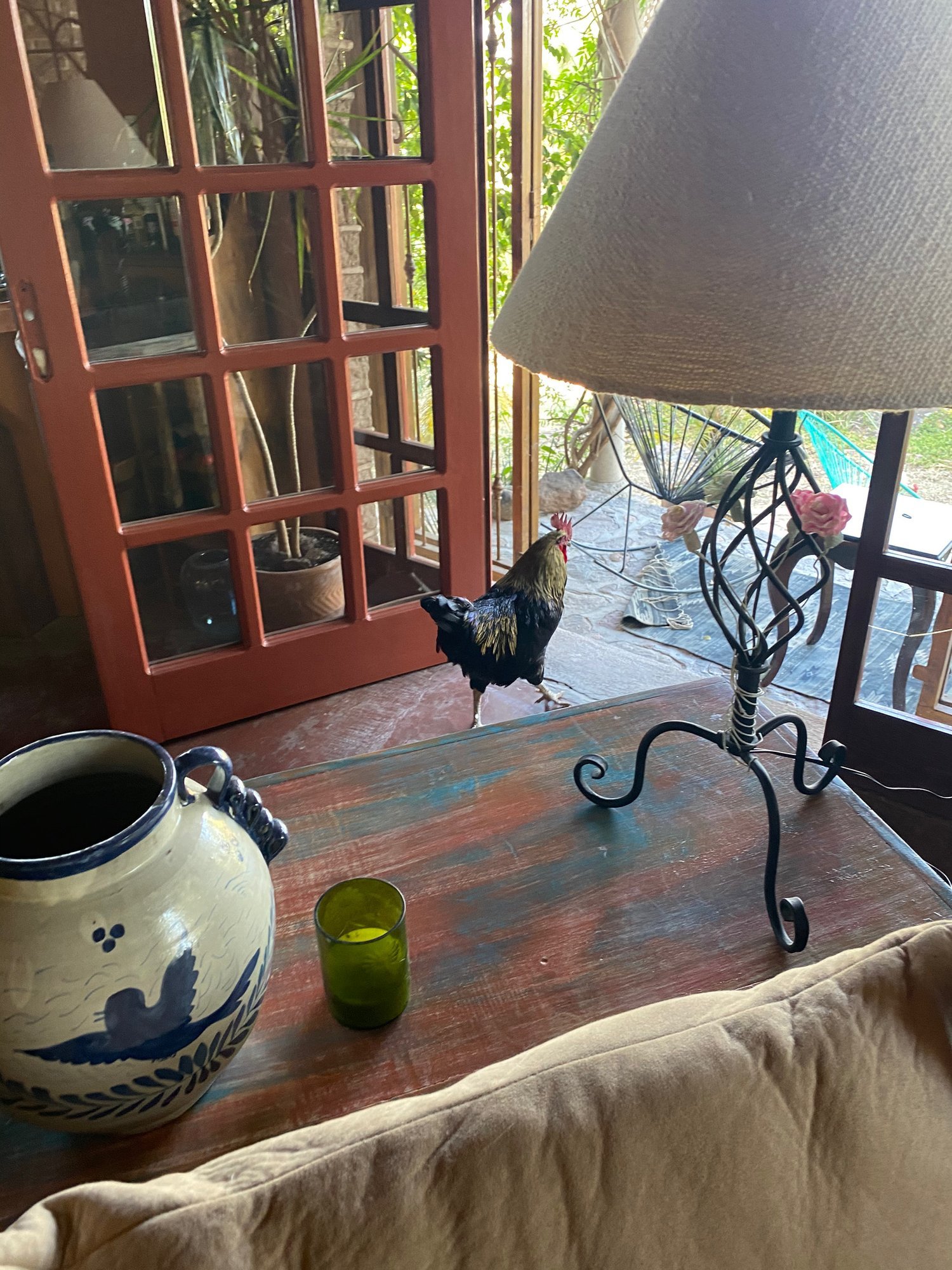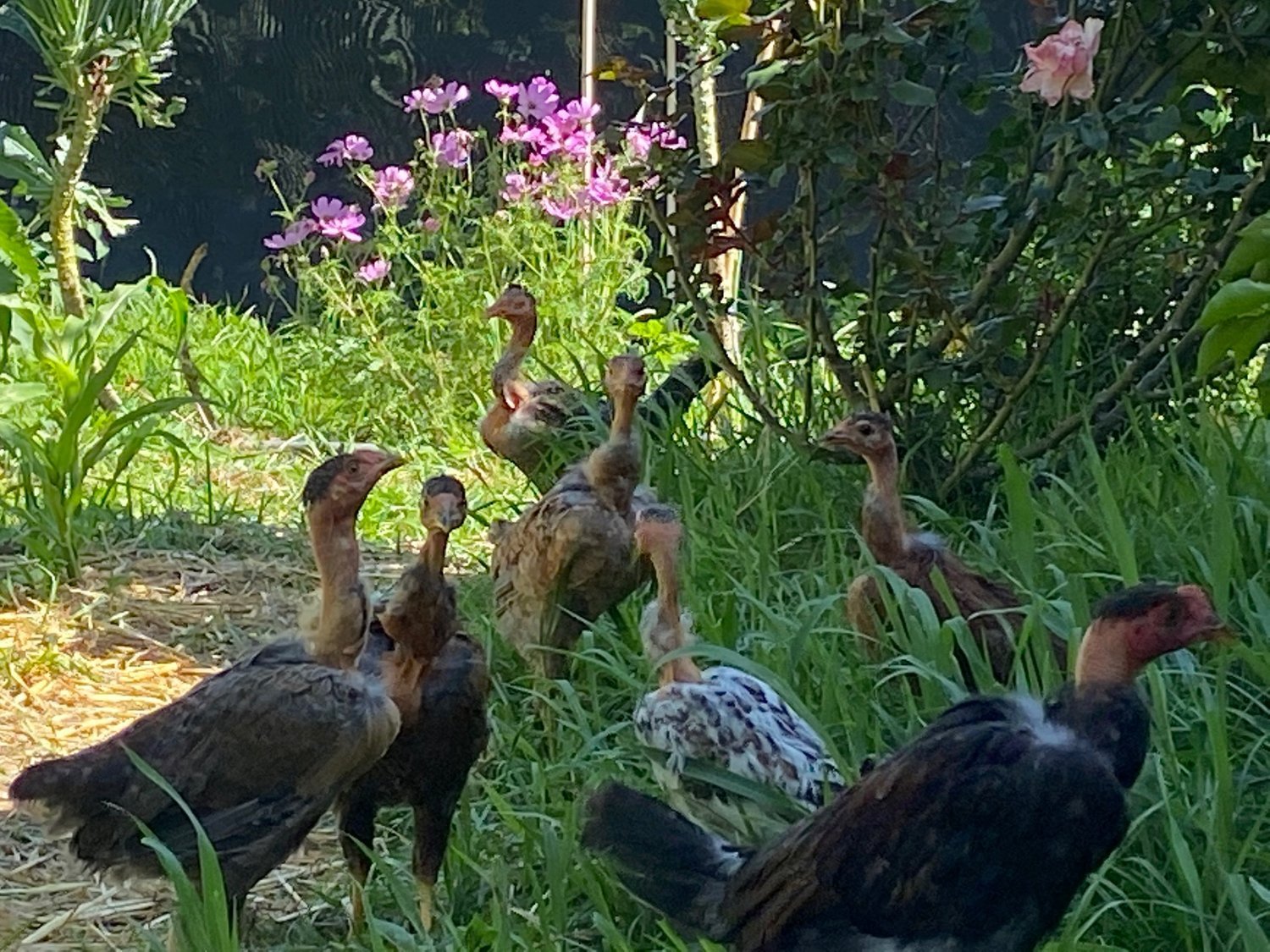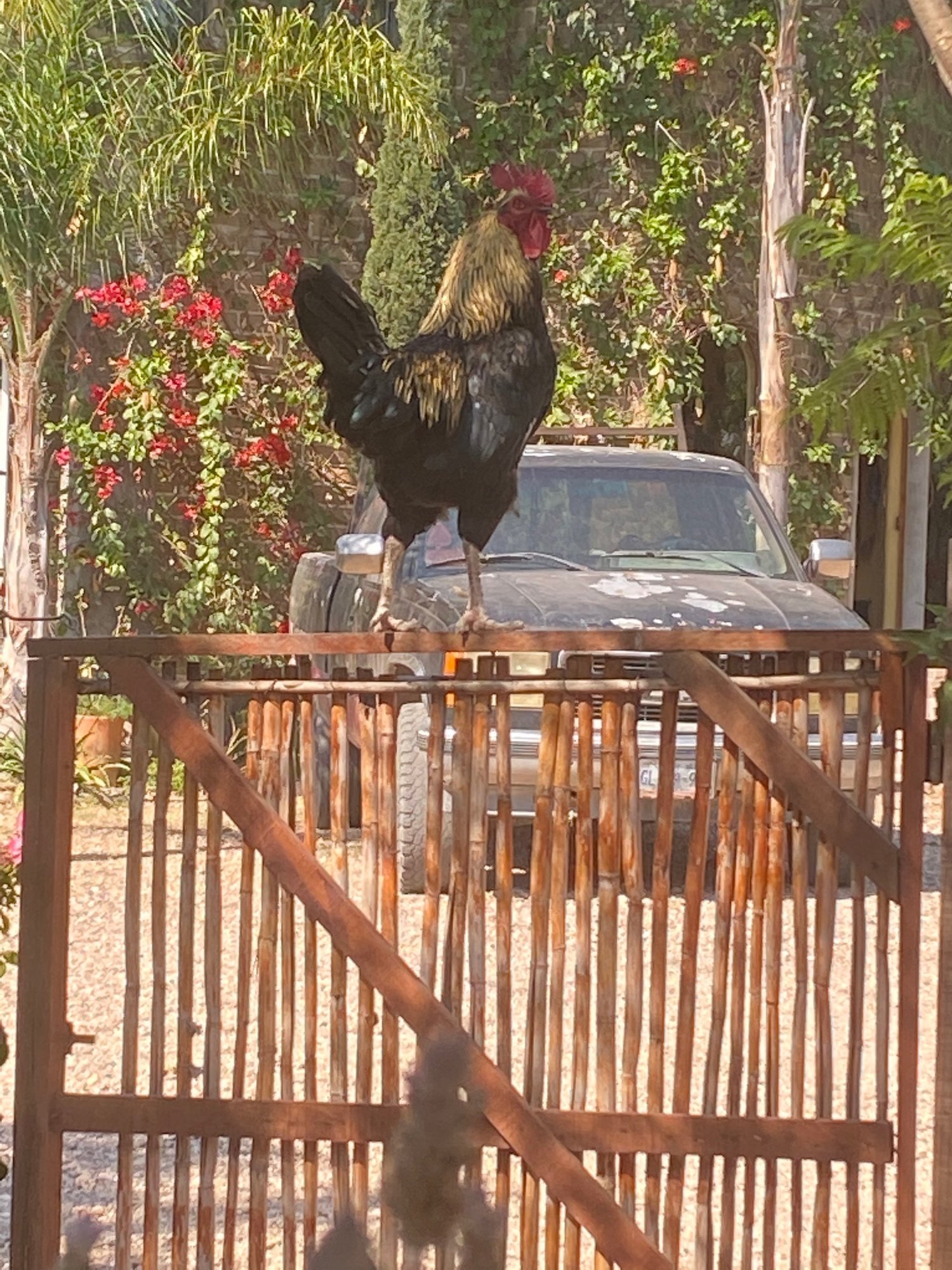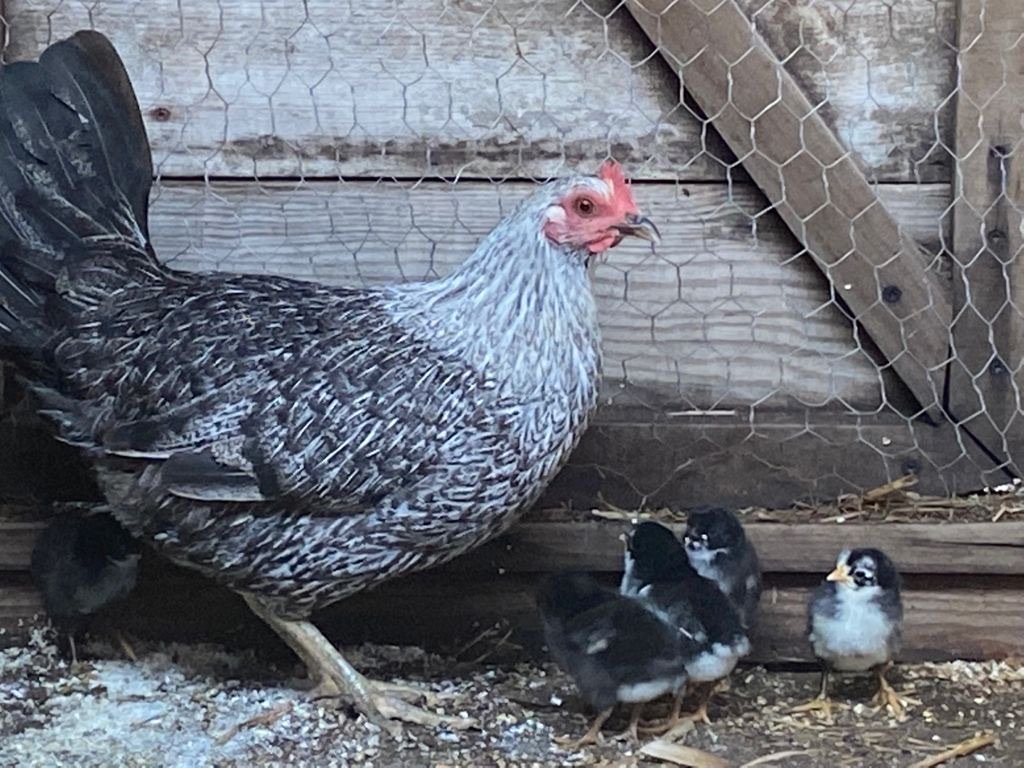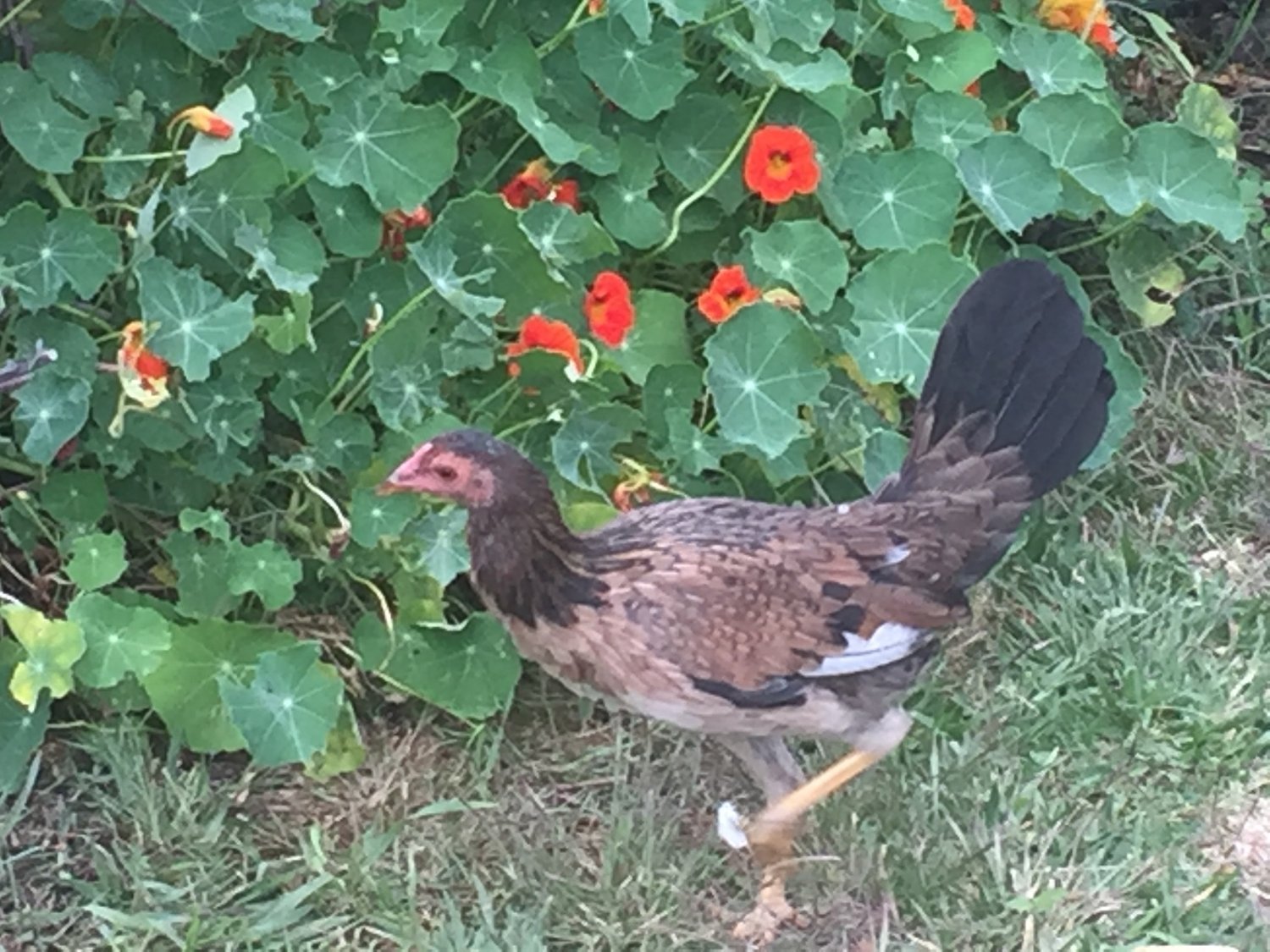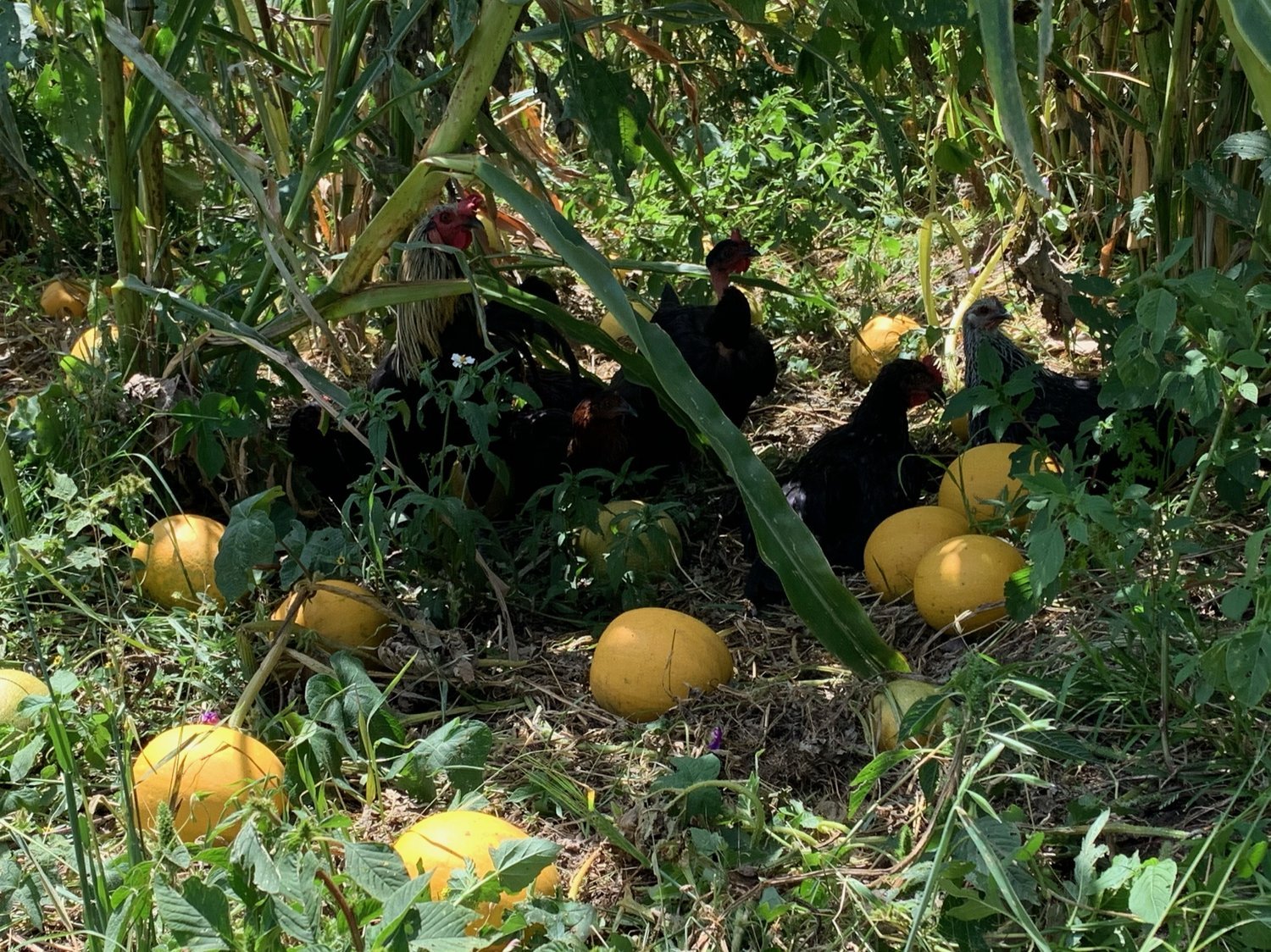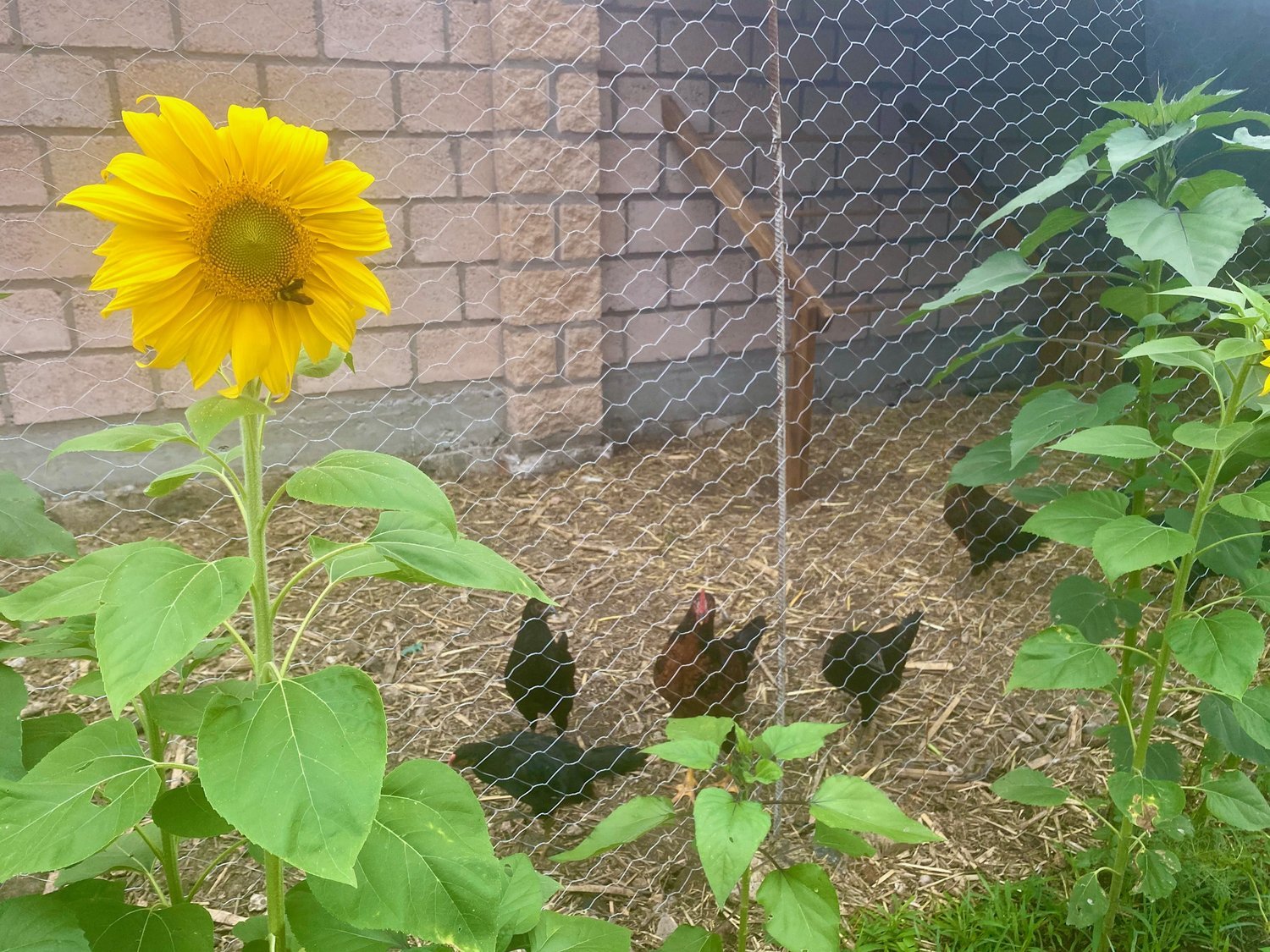
THE FARM AT TIKKUN
Our small-scale farm uses organic methods that protect and enhance local ecosystems.
About Our Farm
Permaculture farms combine traditional agriculture methods with appropriate modern technology. The intention is to minimize harm, foster ecosystems, and support community health.
What began in 2011 as our small garden has grown into a small community farm and teaching center, and a resource in times of crisis.
In 2020 and 2021, we expanded our farm into a COVID 19 emergency community food bank, serving over 60,000 meals that included organic vegetables, fruits, eggs and chicken.
Today the farm serves for workshops for adults and children. We also trade food for volunteer work on the farm.
Our Production
Our crops include many varieties native corn, beans and squash (the three sisters), vegetables, fruit, herbs and flowers.
Our food forest includes a diverse orchard with varieties of nopal, passionfruit vines, pomegranate, peach, apple, plum, pear, fig, olive, orange, grapefruit, Surinam cherry, mulberry, and guayaba.
We get our eggs, meat and fish production from our tilapia ponds, and our organic free range chickens.
We save our heirloom and native seeds, and share with other growers. We are always searching for good sources of local, drought resistant varieties.
We do not generally sell our produce, we prefer to provide it to people in need, or to other food bank NGOs. We also share and trade for it.
Our Methods
We work the soil minimally, planting our milpa (field of corn, beans and squash) the traditional way, with our horses, Sophie and Phylis, making furrows for seed.
In our intensive community garden beds we are moving toward a full no-till system, using mulch and compost to smother weeds and build the soil.
We use no chemicals or pesticides. Our crops are pollinated by on-site bee hives. Our soil is built over time by adding manure, straw, worm compost and compost tea. Our irrigation is enhanced by Permaculture swales, berms and penetration pits we’ve constructed throughout our fields.
We mulch our beds with corn straw, palm leaves and carizo grown onsite and run through the chipper. We companion and succession plant, and intercrop with perennials, cactus and trees.
For the Love of Chickens
You have to love chickens. Funny little dinosaurs (especially our Naked Neck variety), chickens are an essential component of a Permaculture farm, providing meat, eggs, and fertilizer. And of course, as every chicken owner knows, they provide entertainment.
Chickens are also key for non-toxic pest management. In many parts of Mexico, severe grasshopper infestation is threatening crops. In 2016, we expanded our chicken population from ten to 150 chickens, allowing them free range across the farm. They wiped out thousands of grasshoppers in a matter of weeks without the need to use pesticides.
Our chicken houses are designed to serve as water catchment as well, funneling rainwater into tinacos which are then used to irrigate crops.
